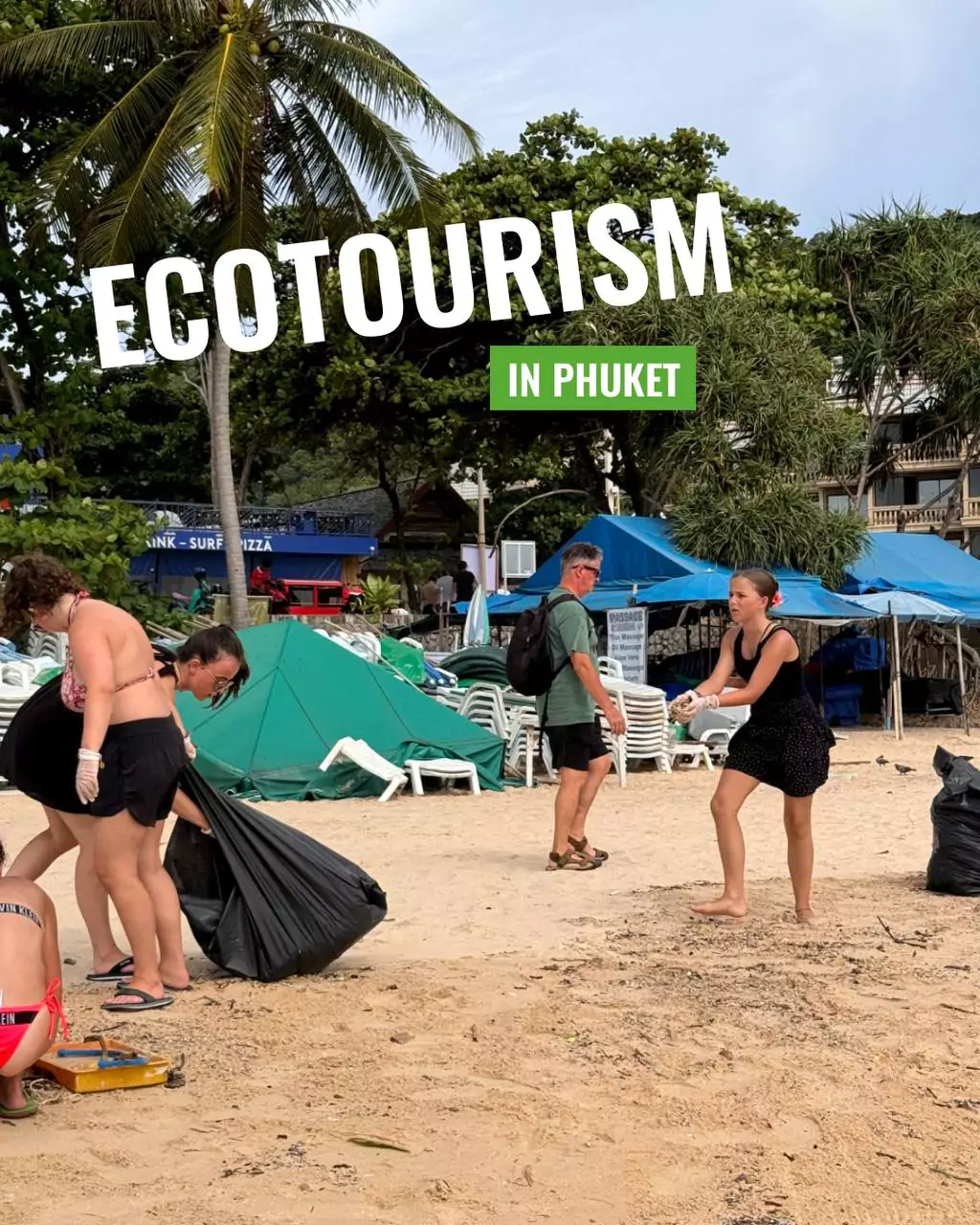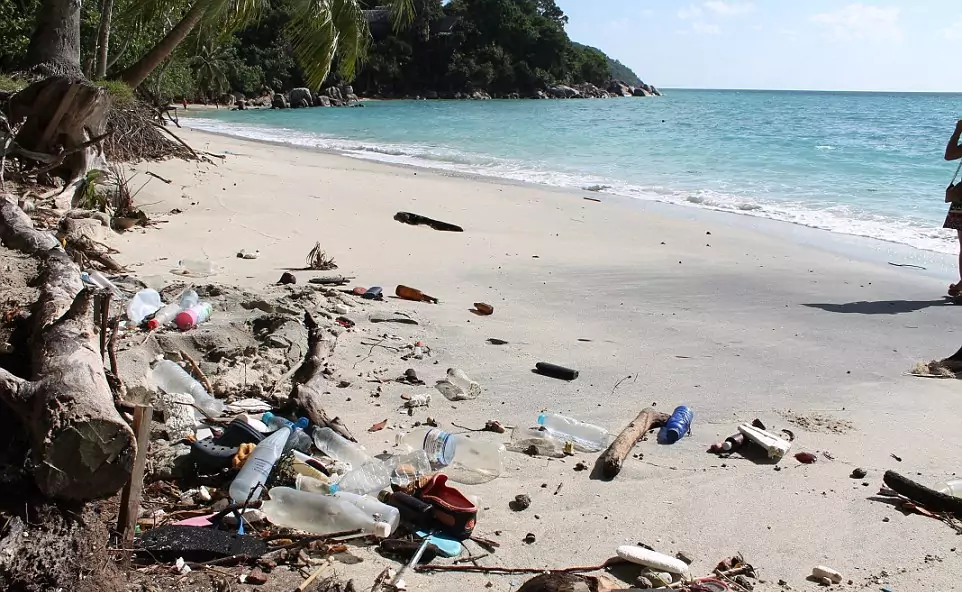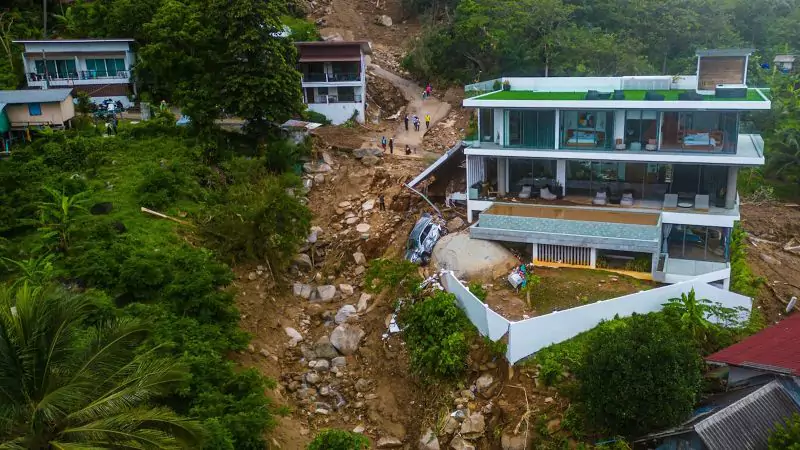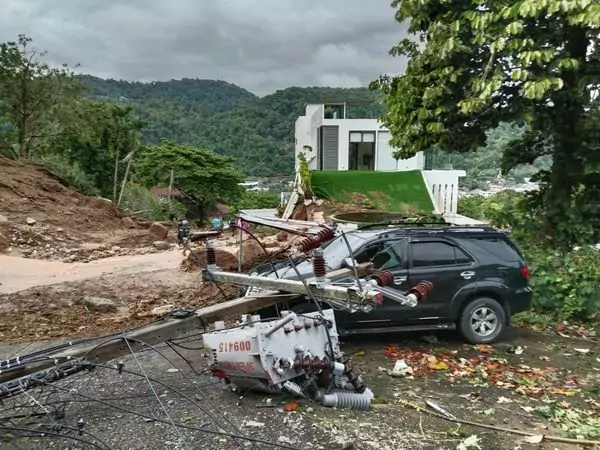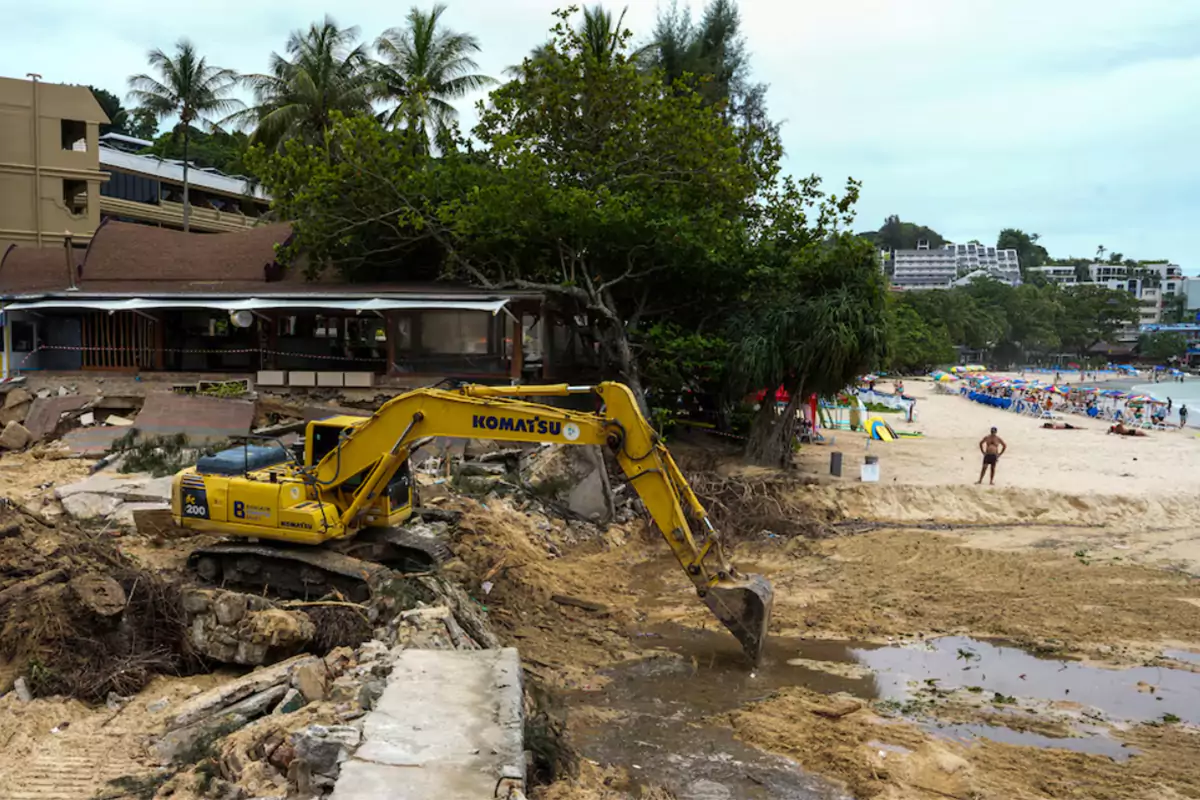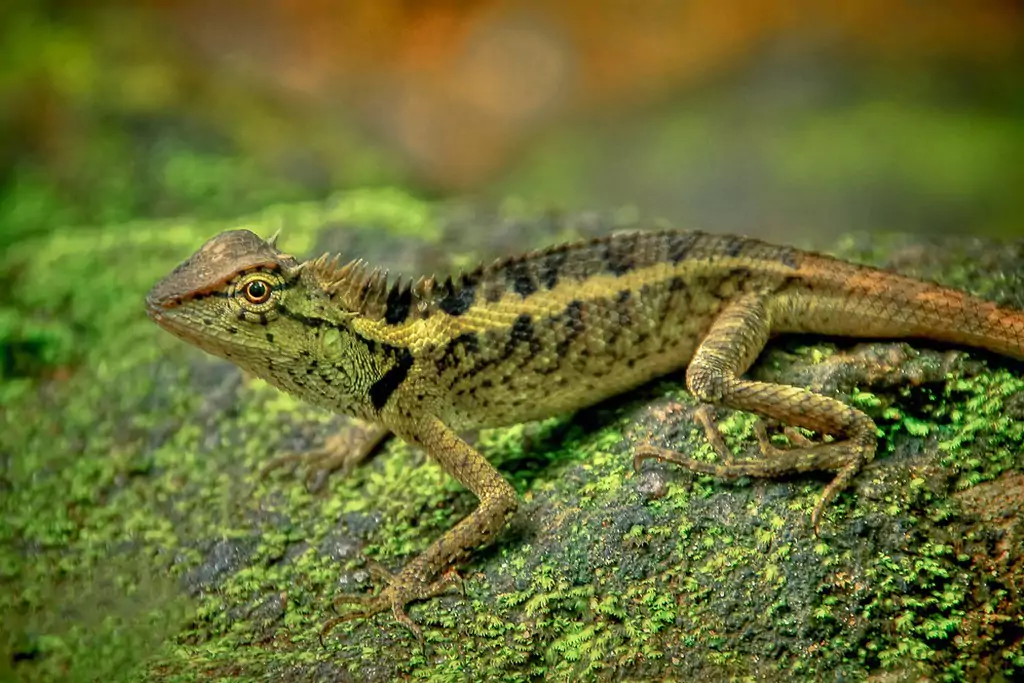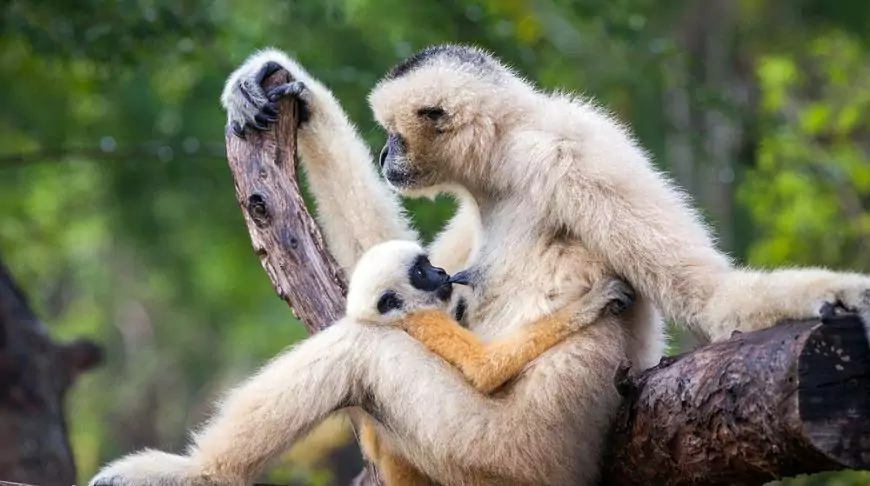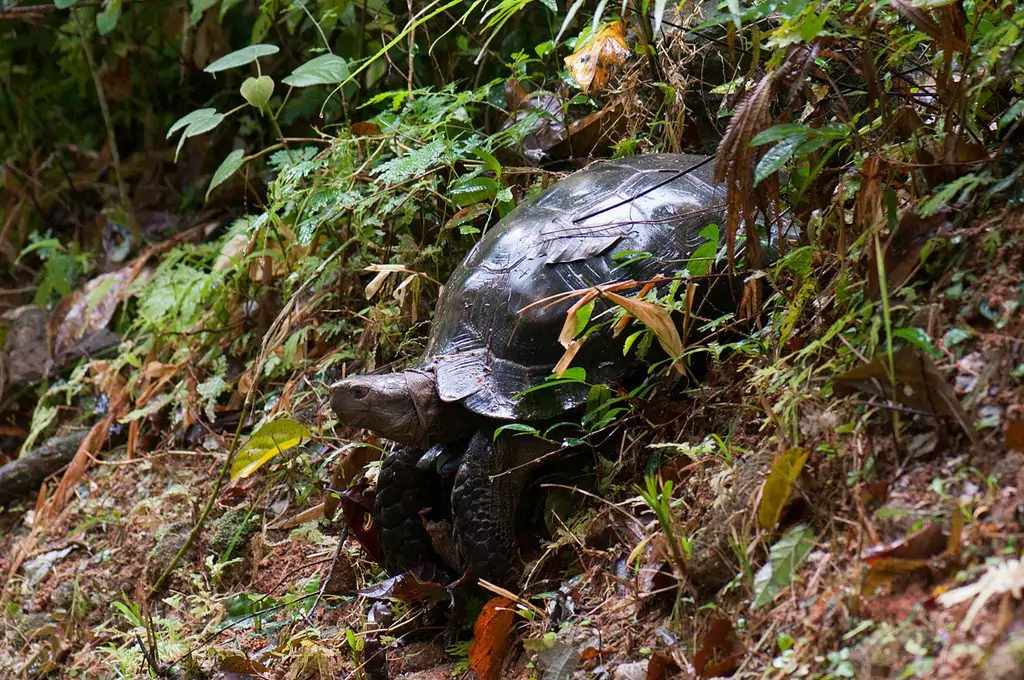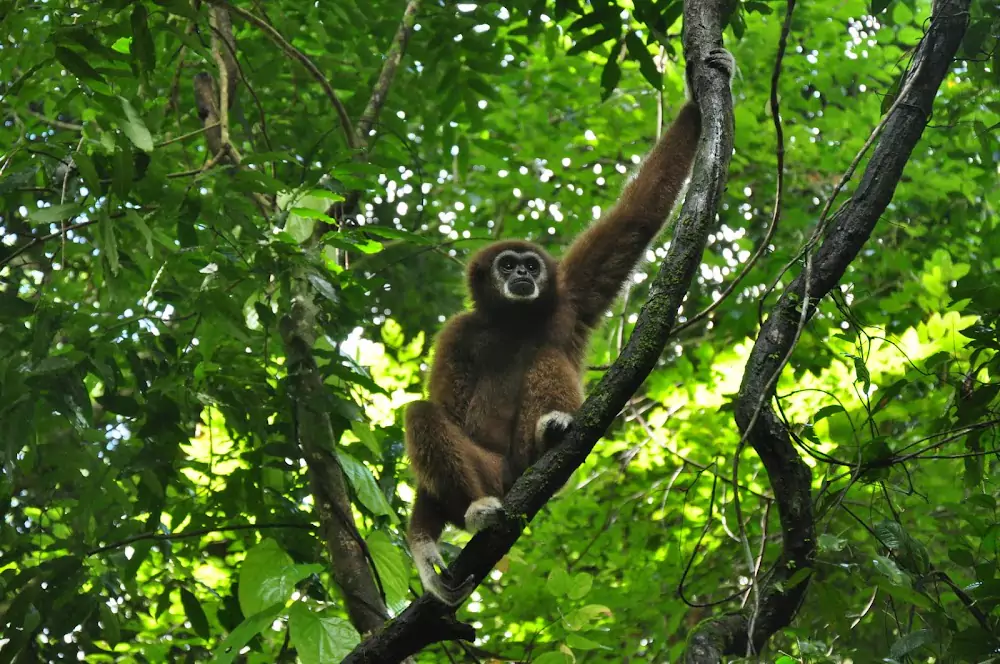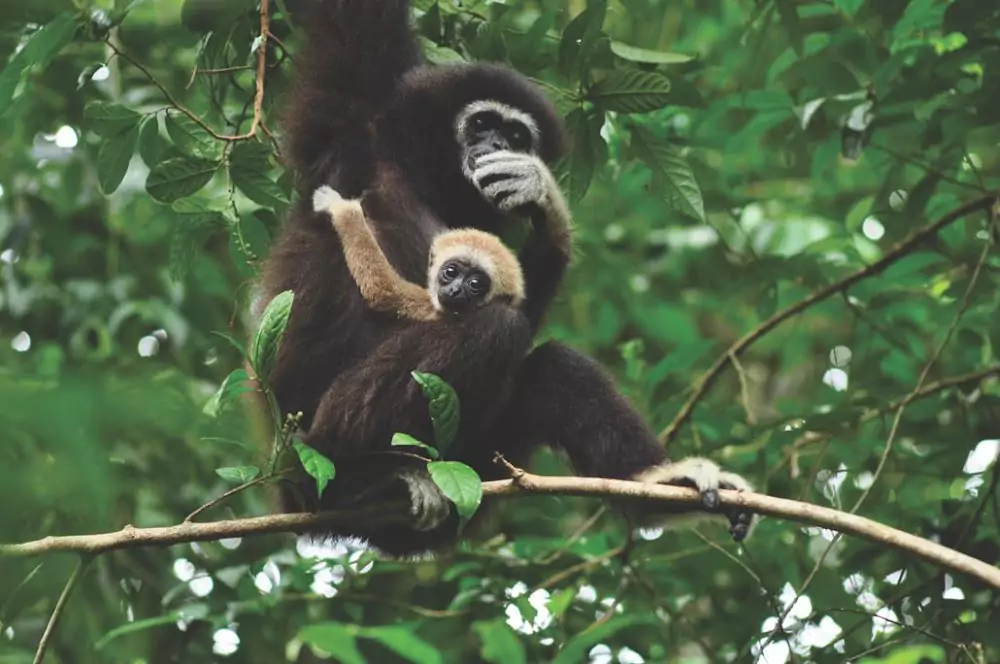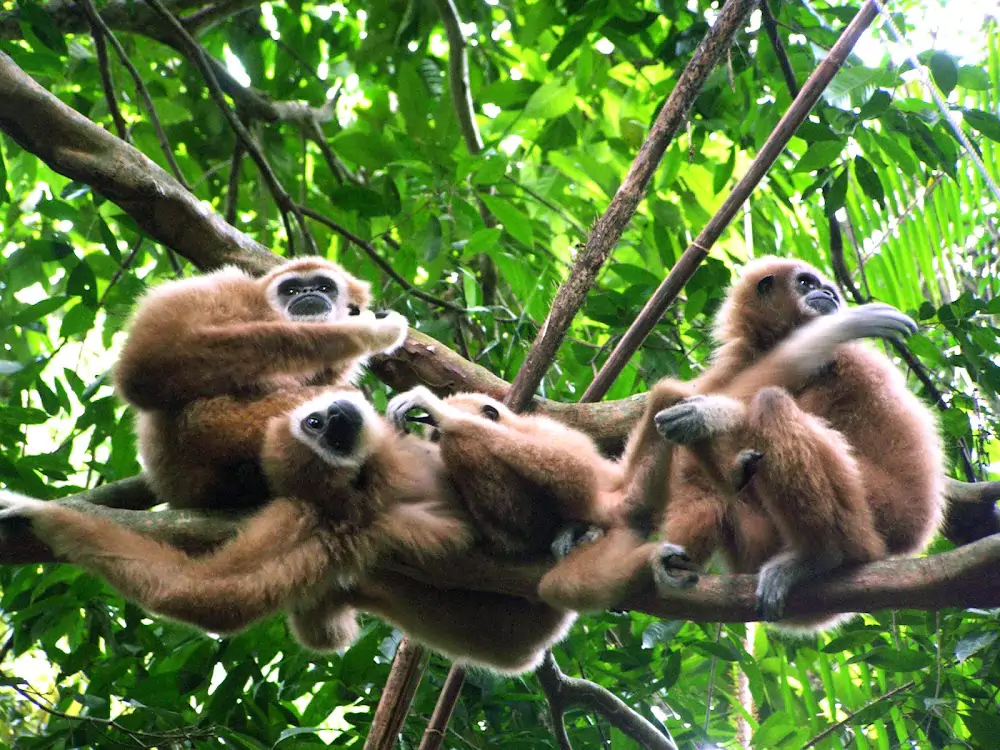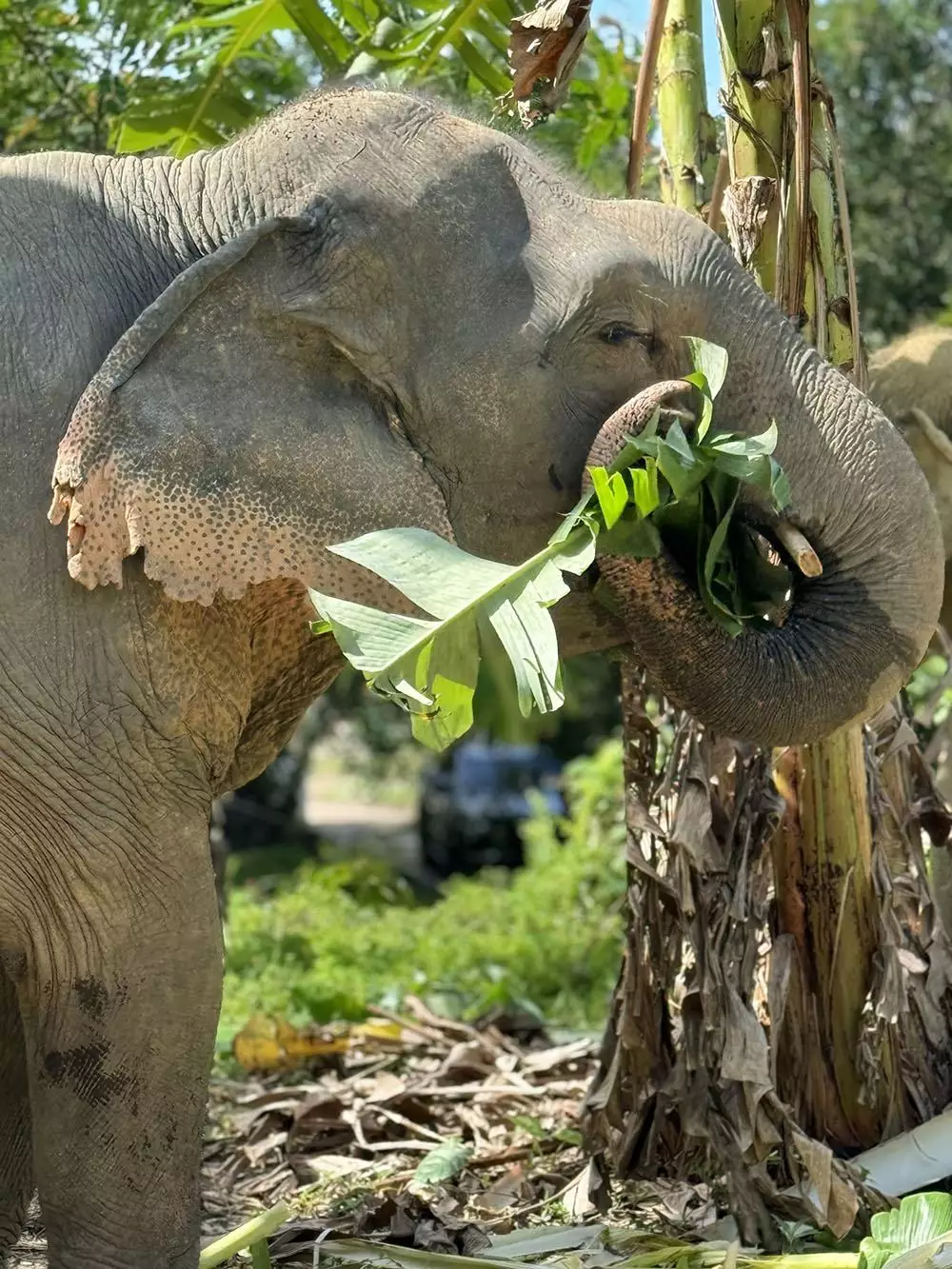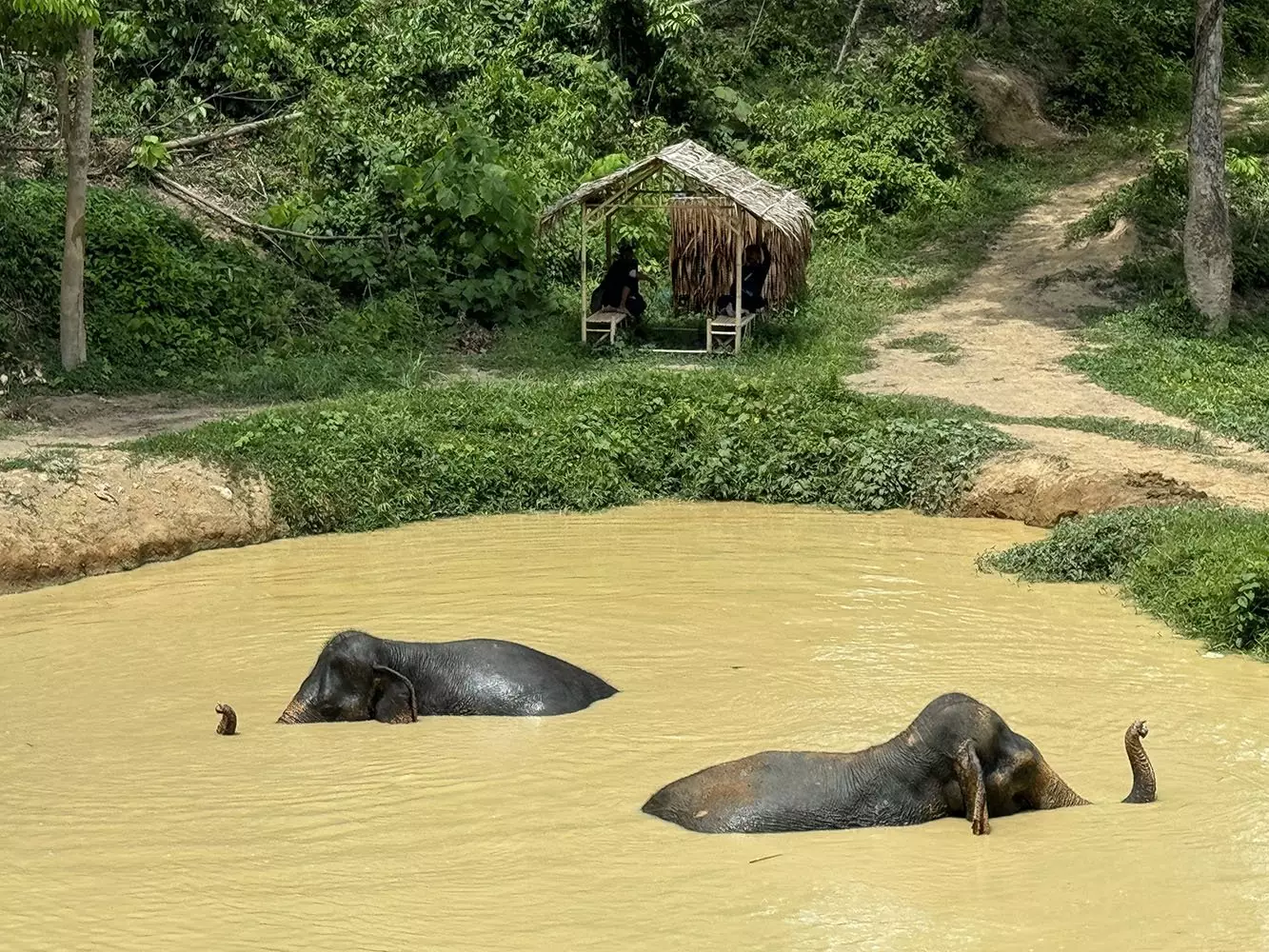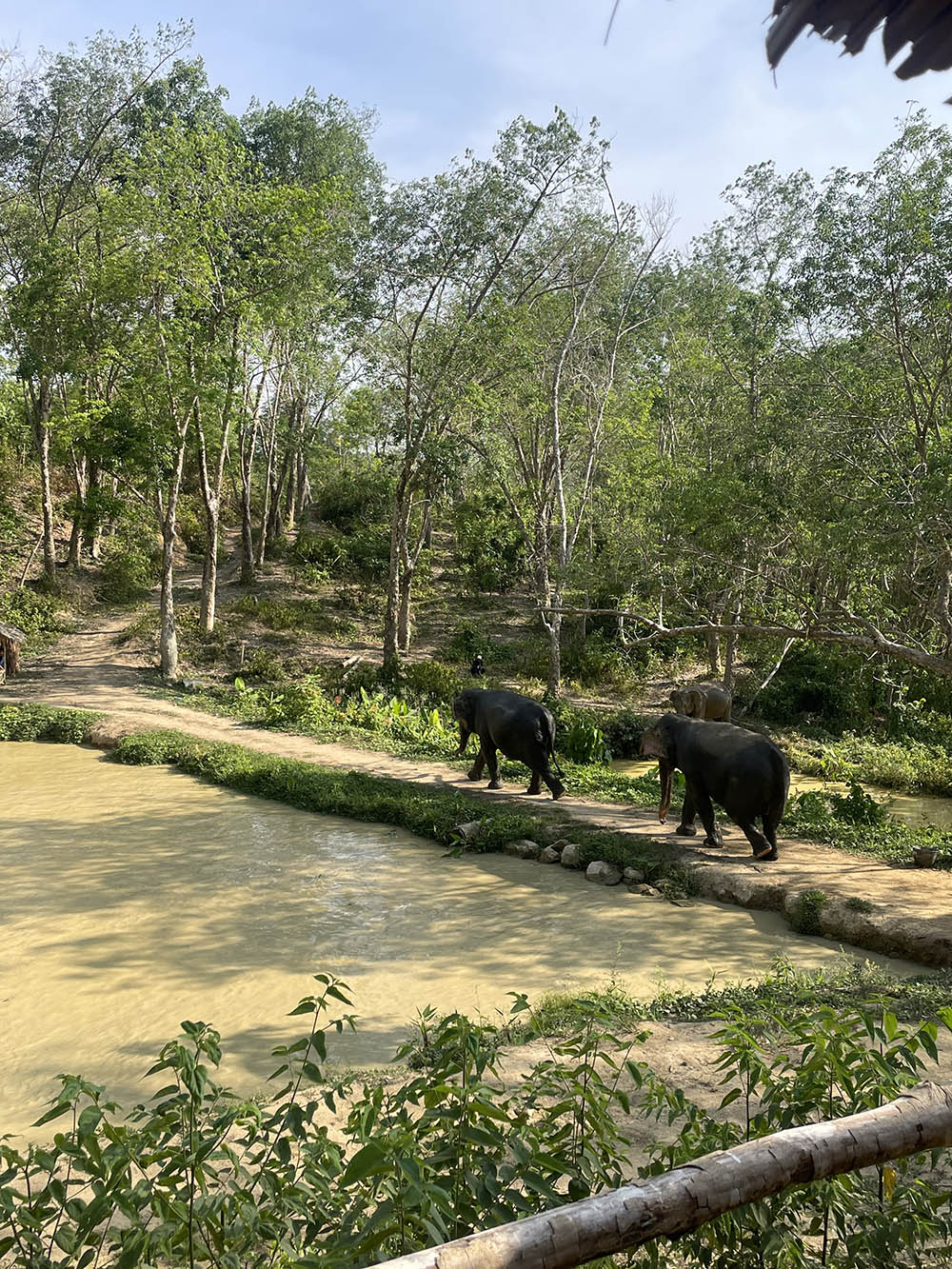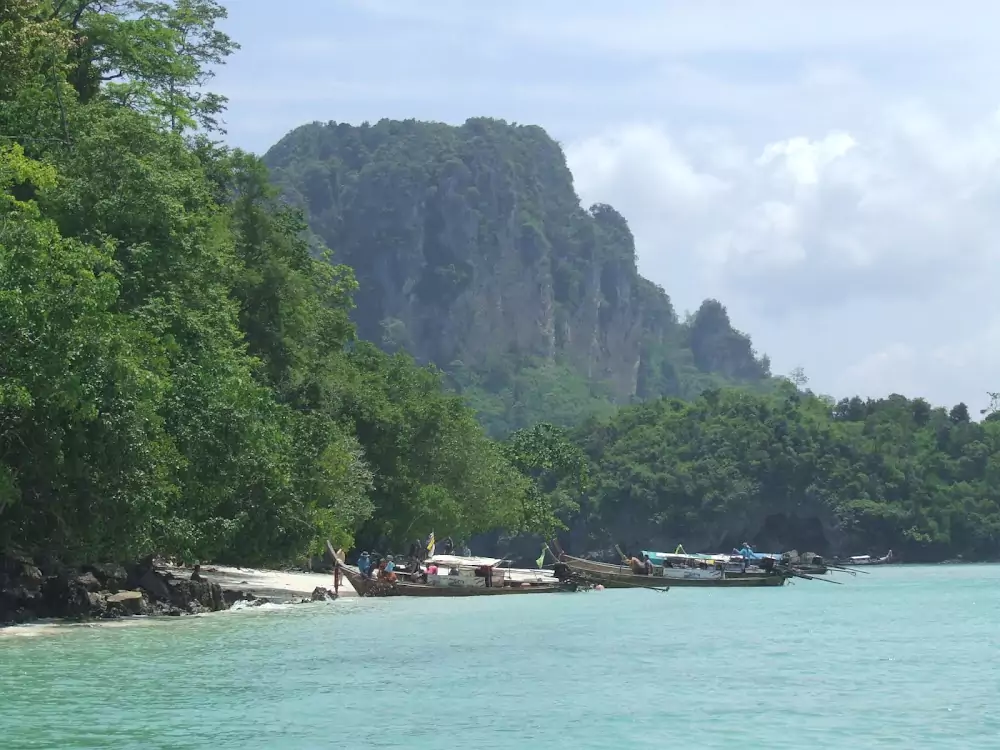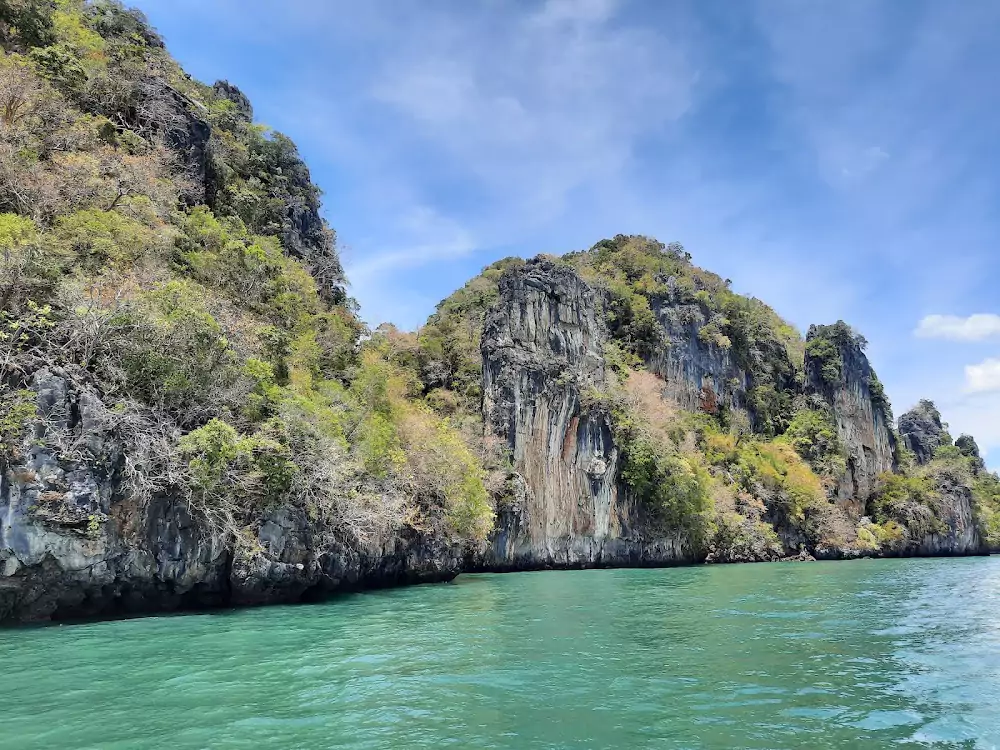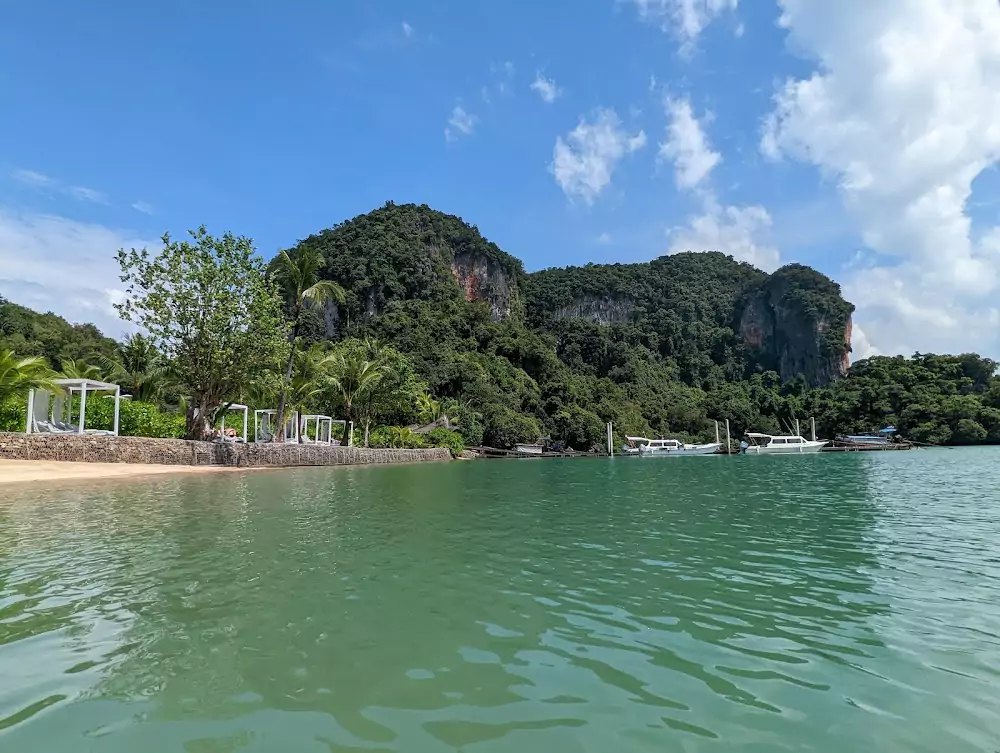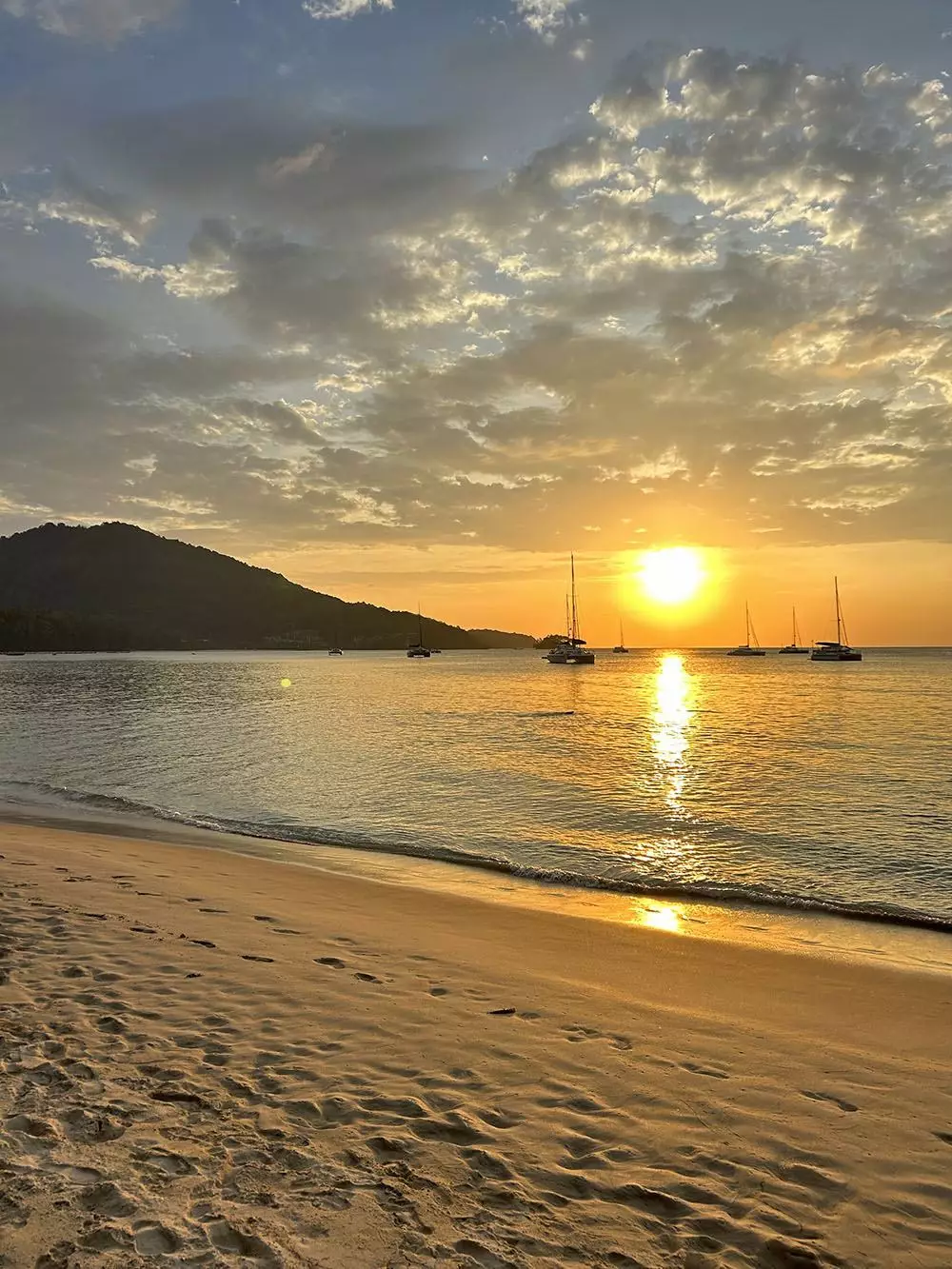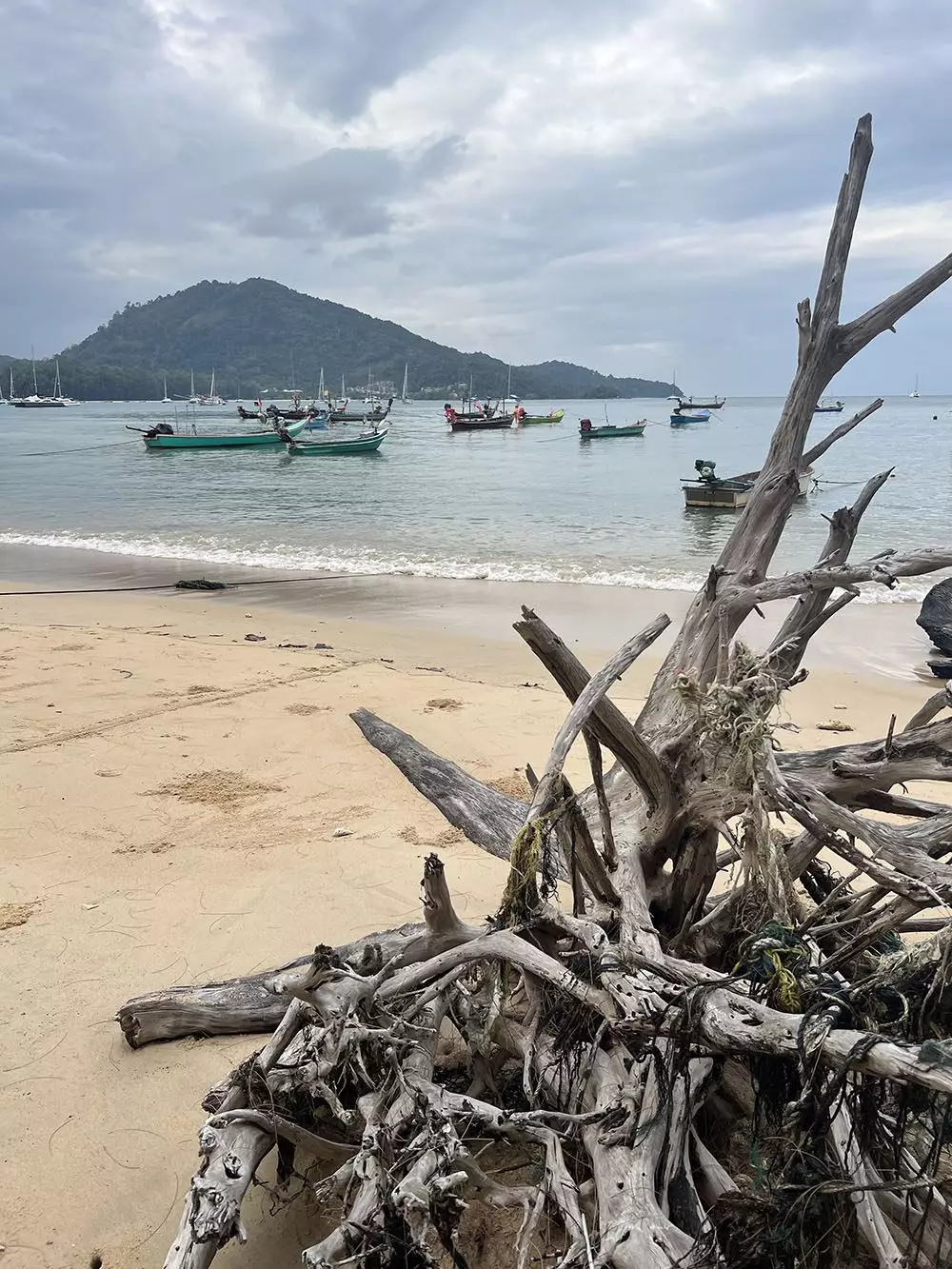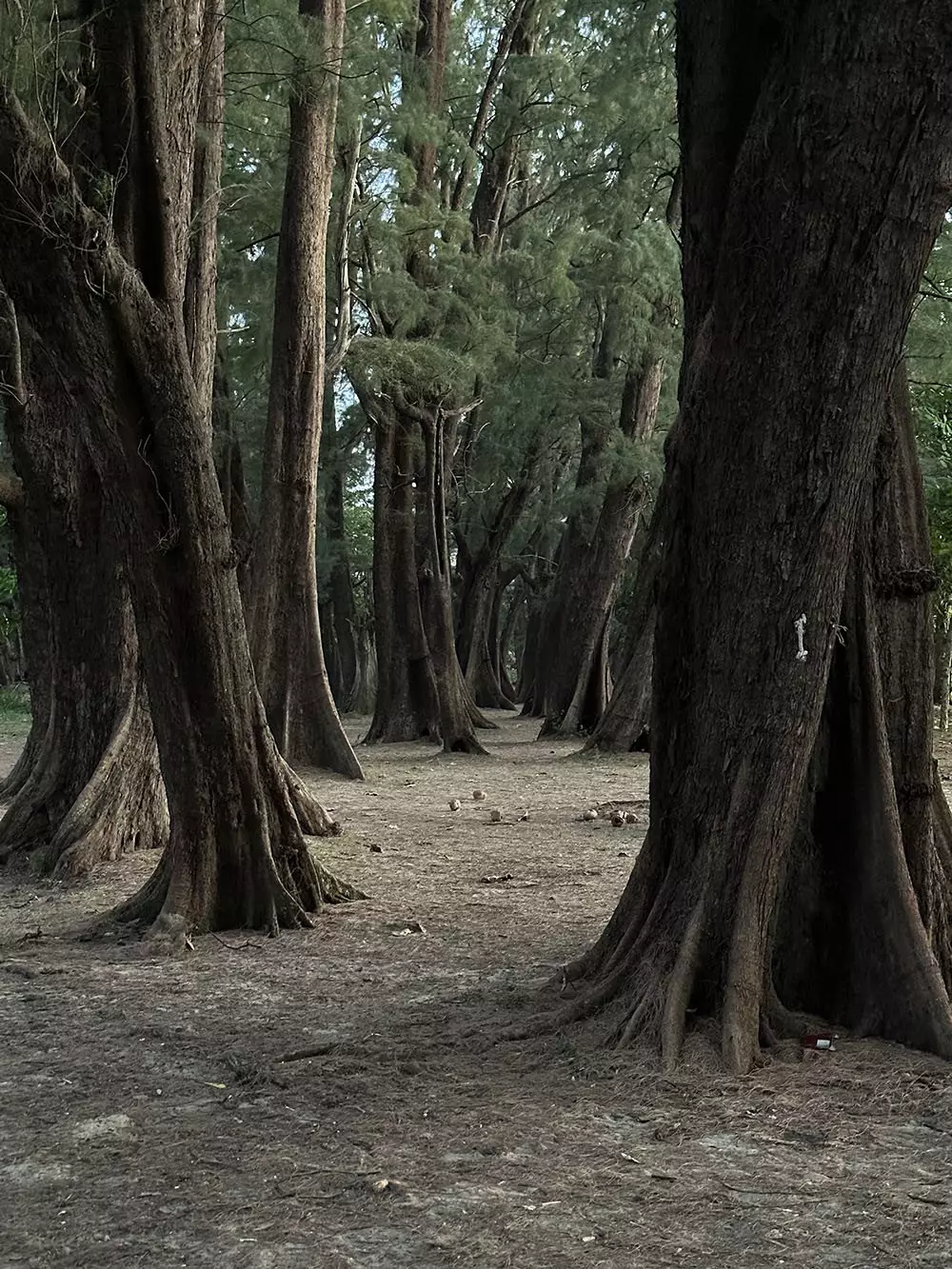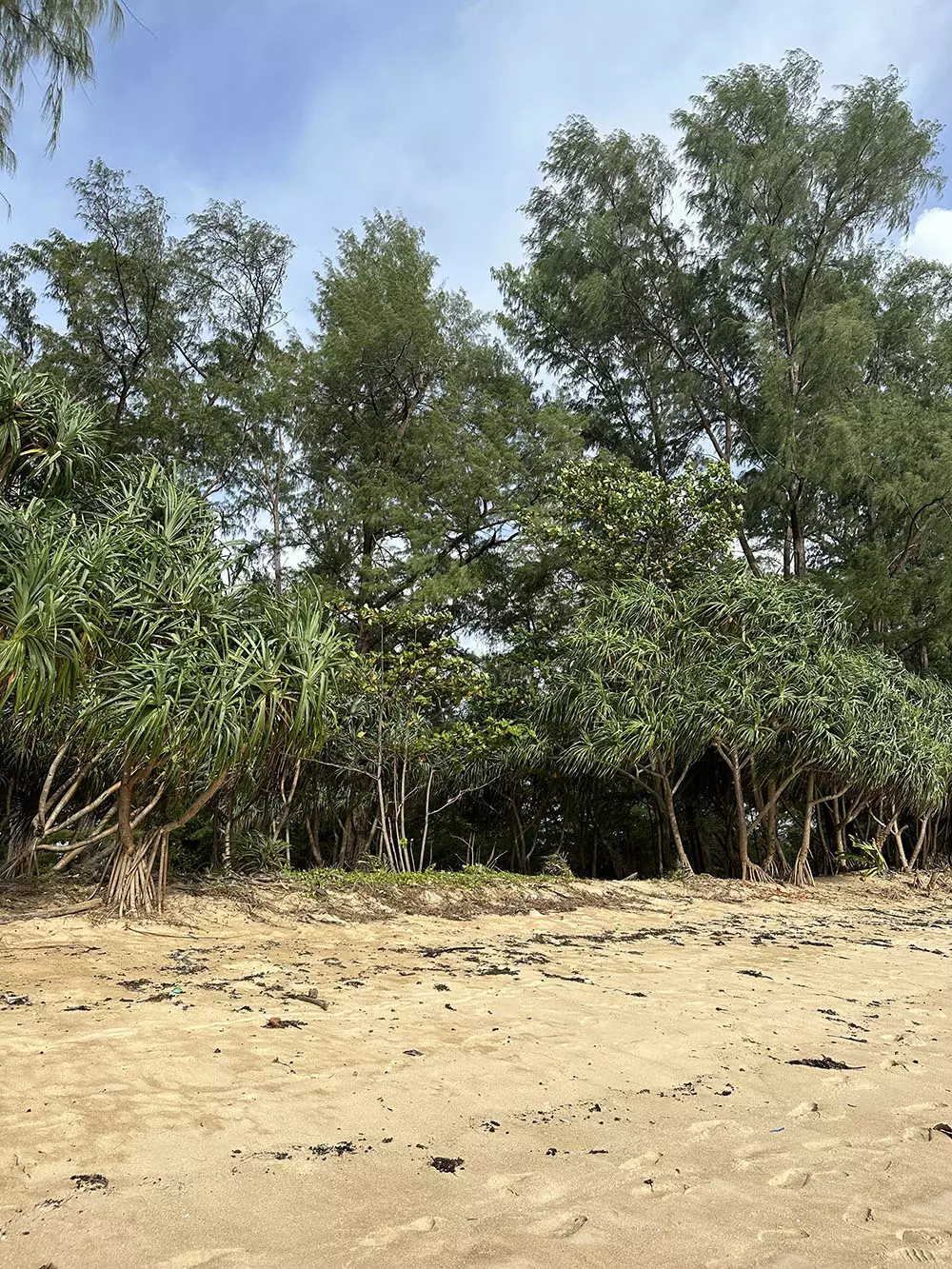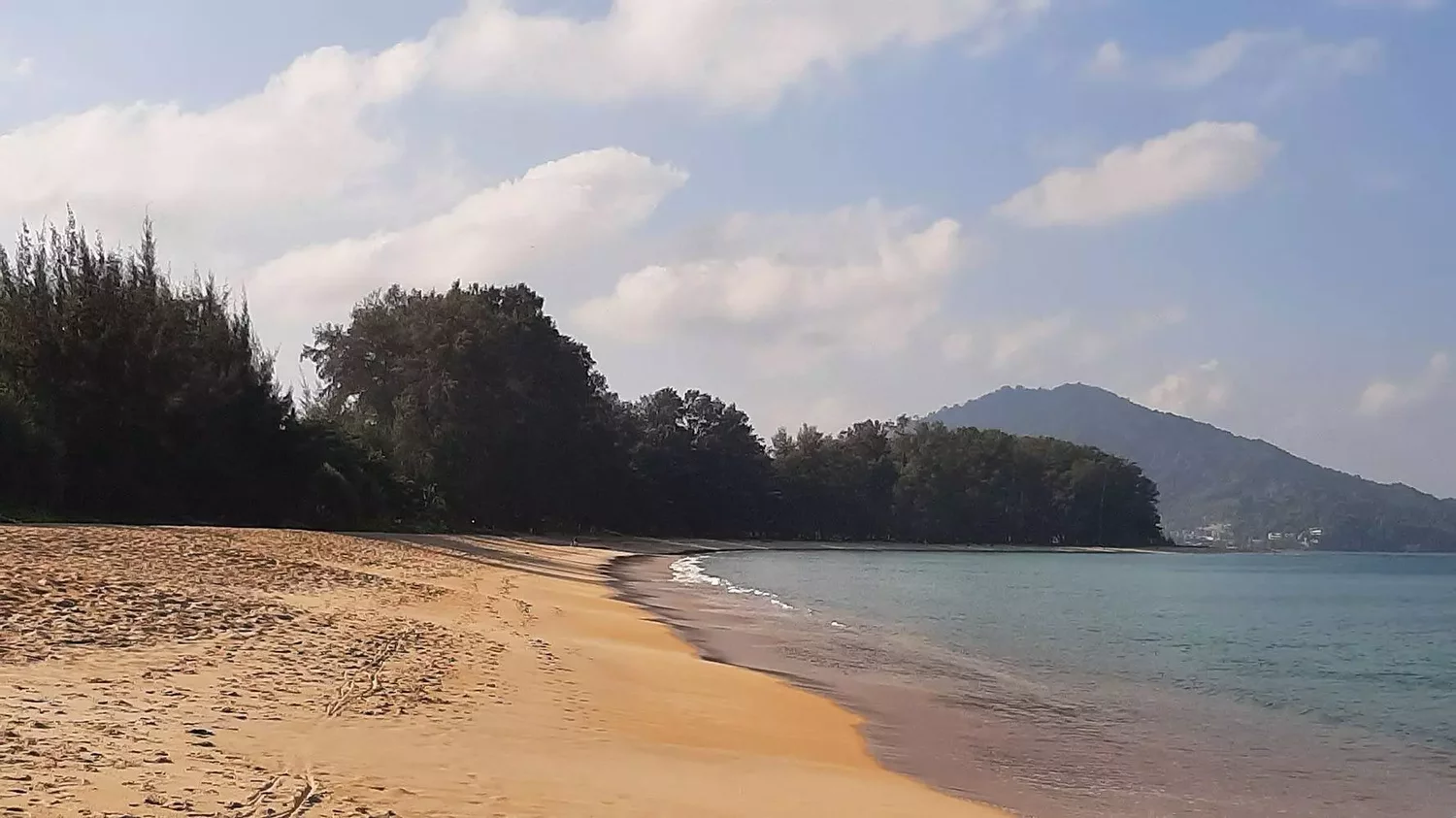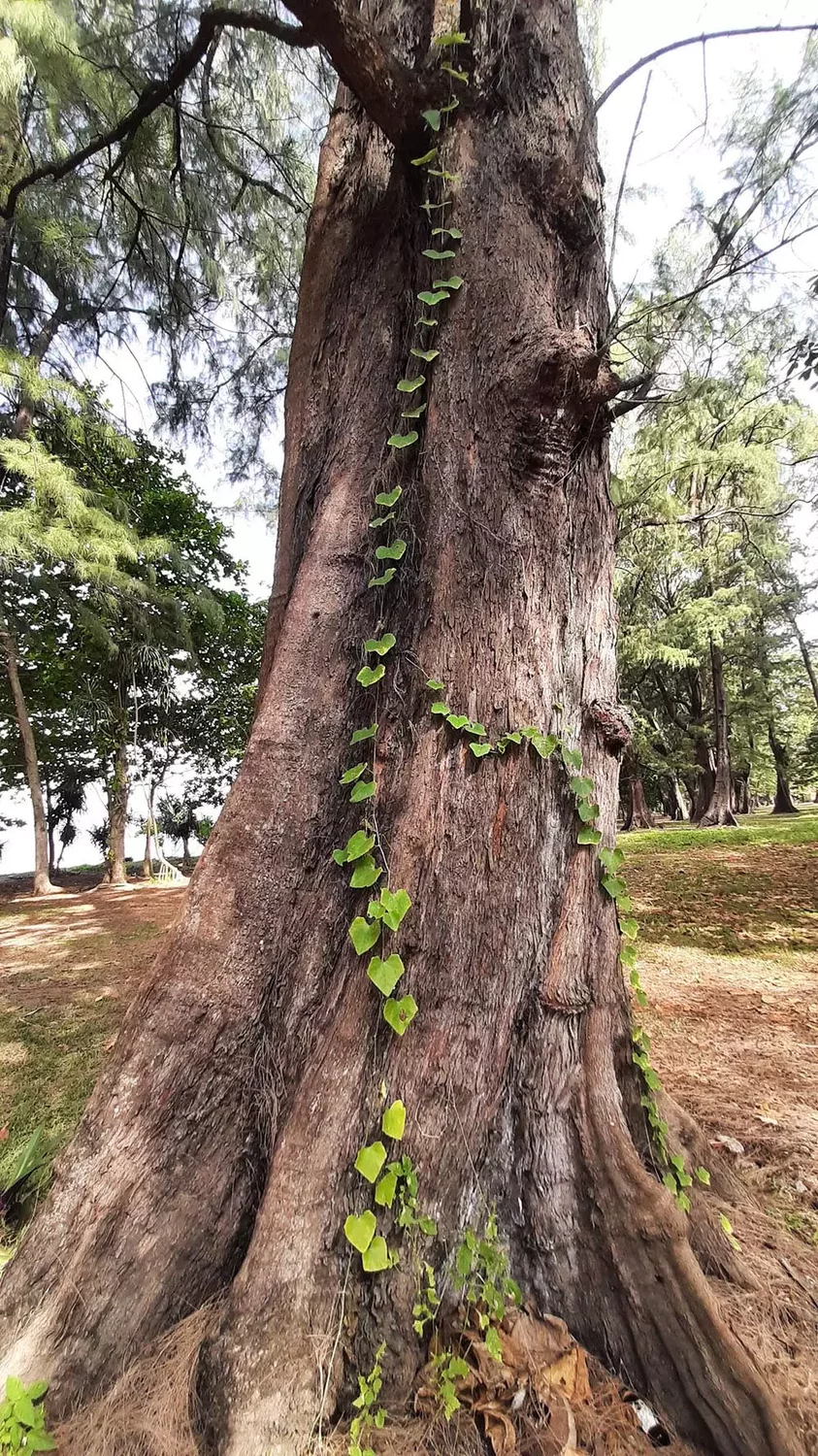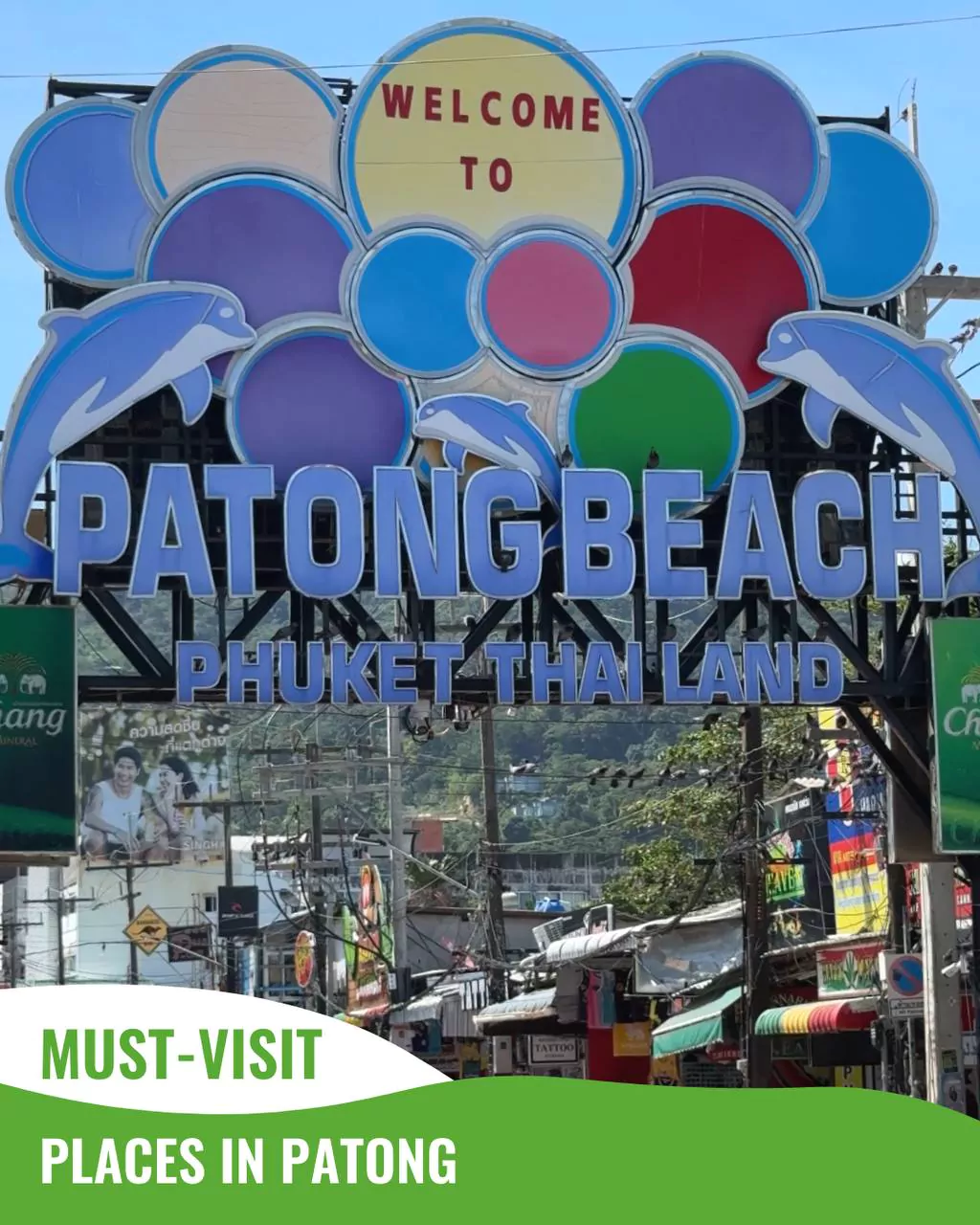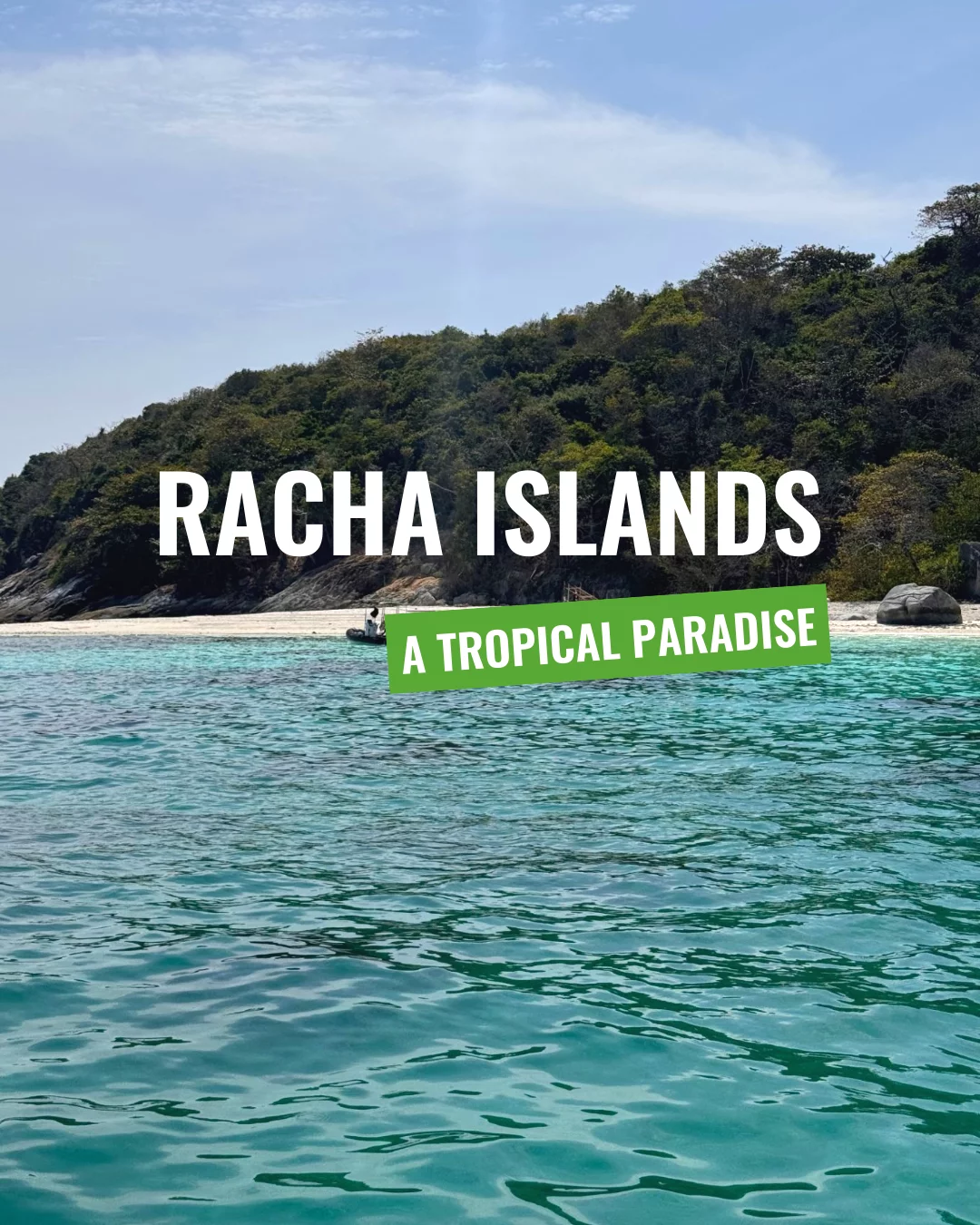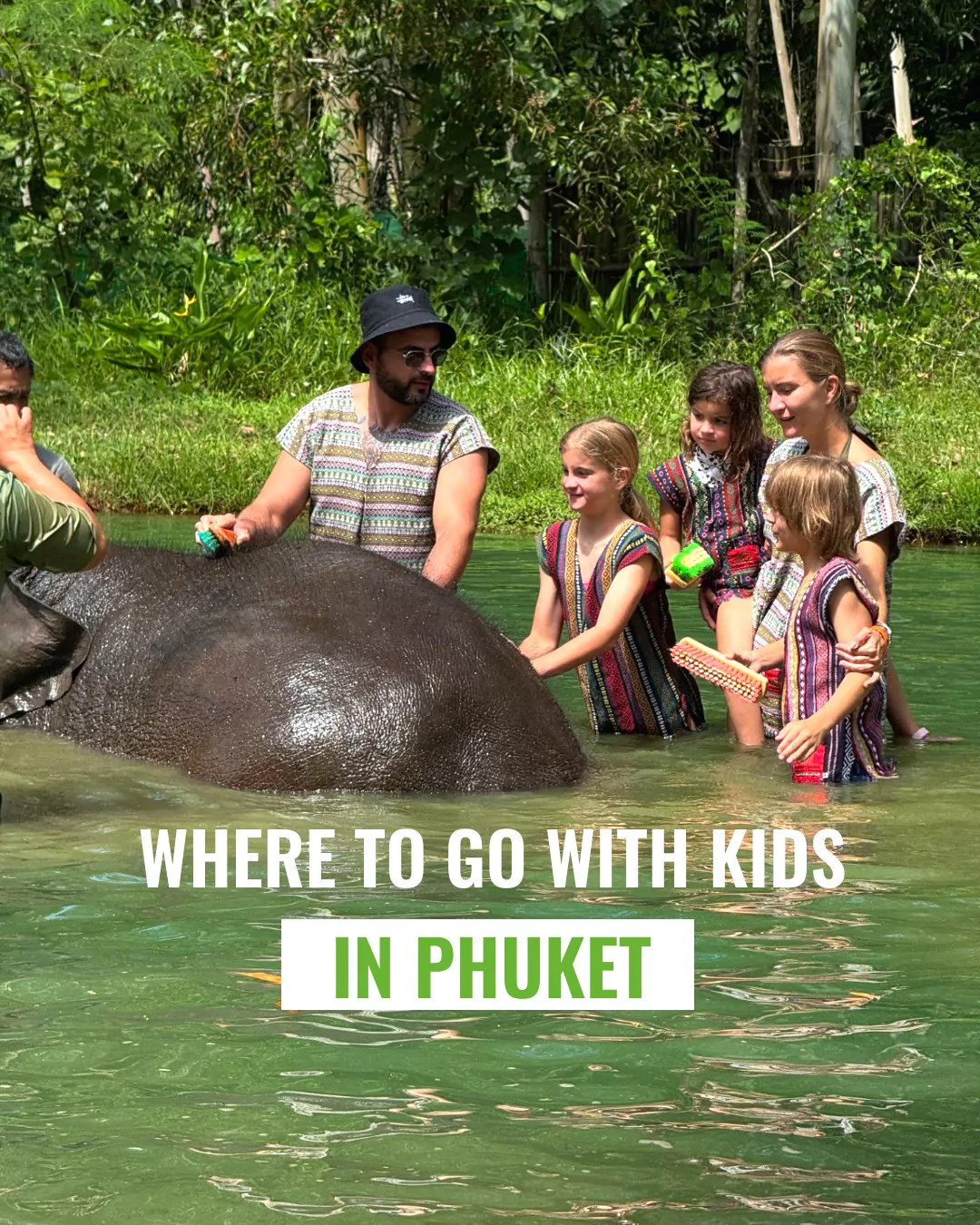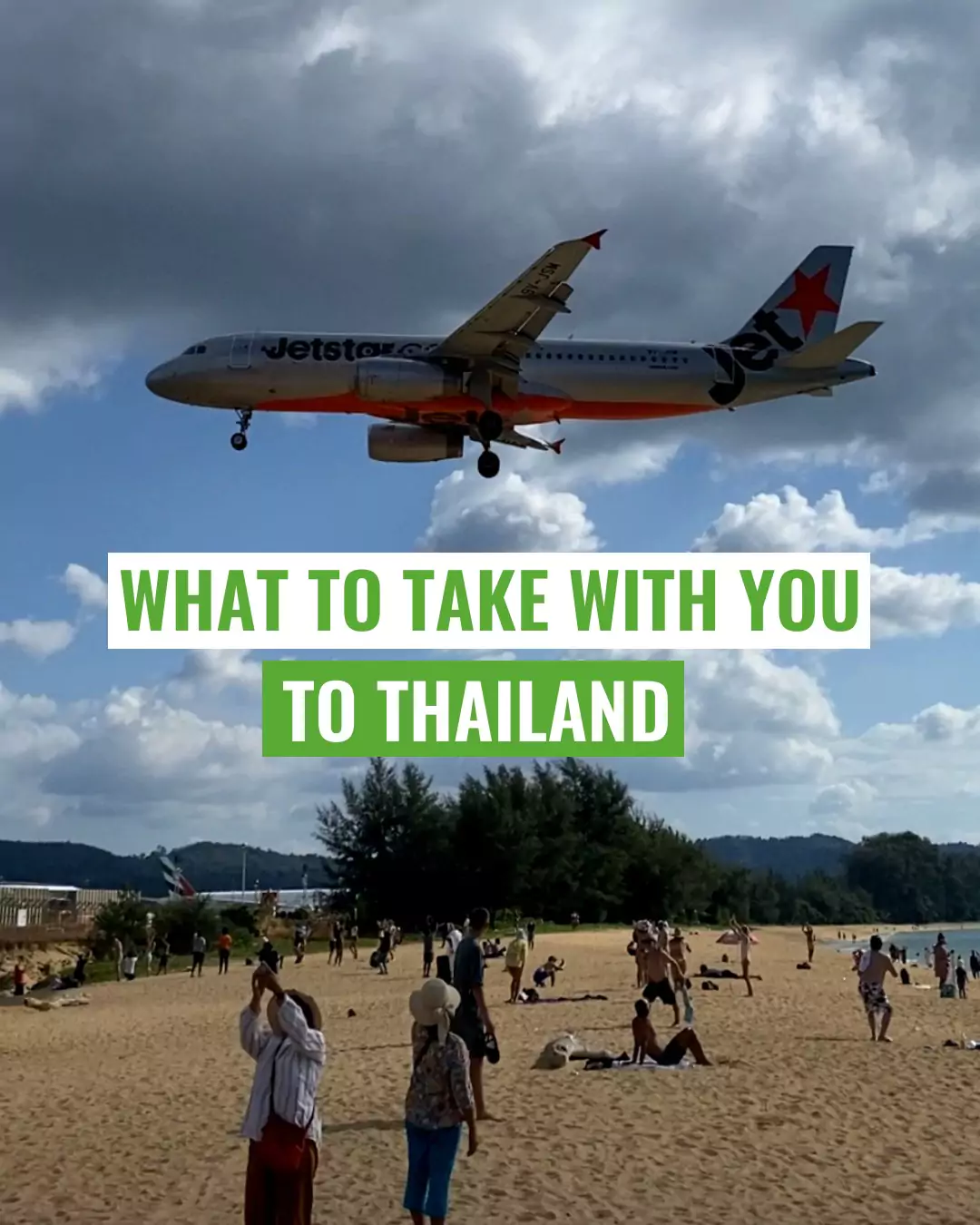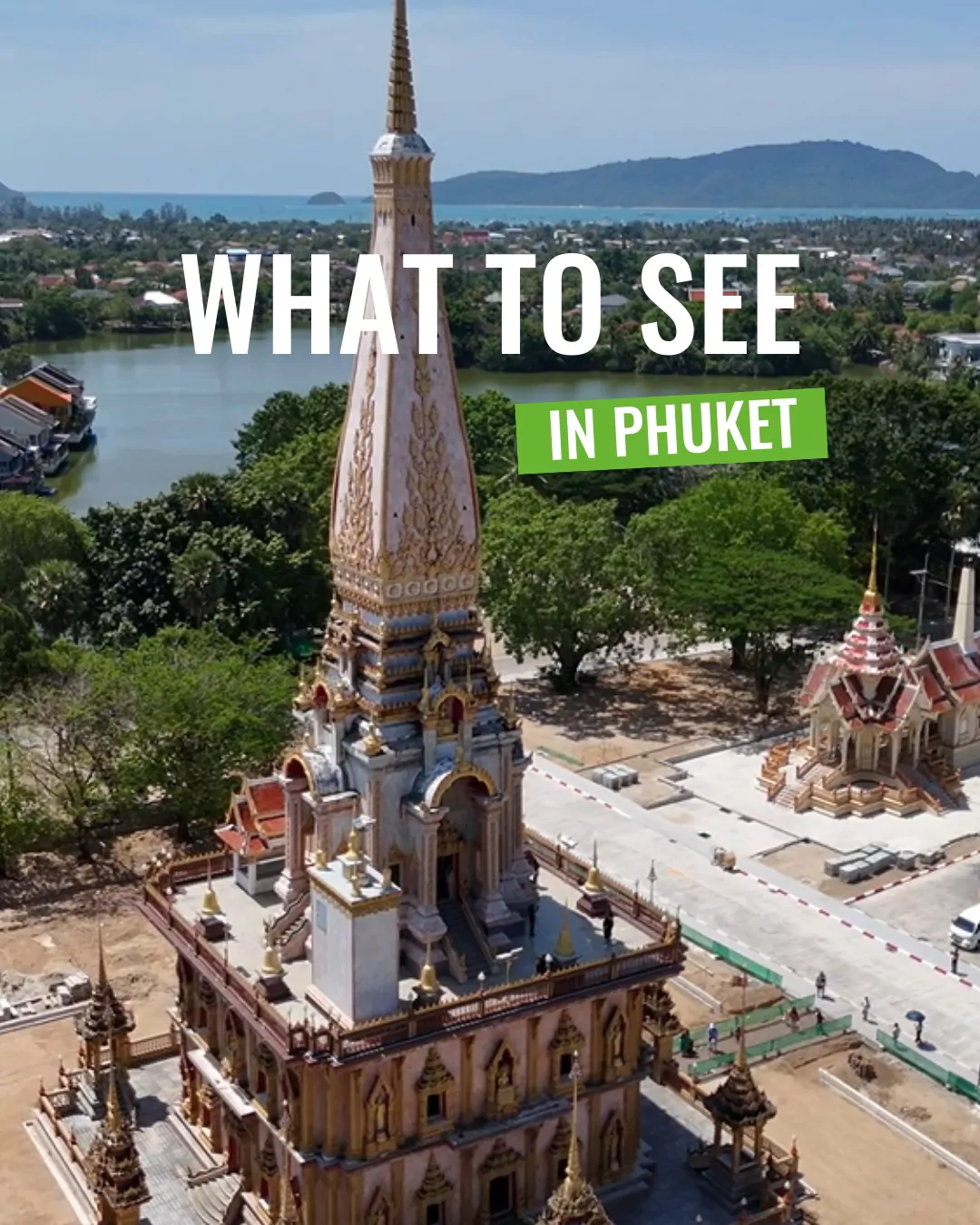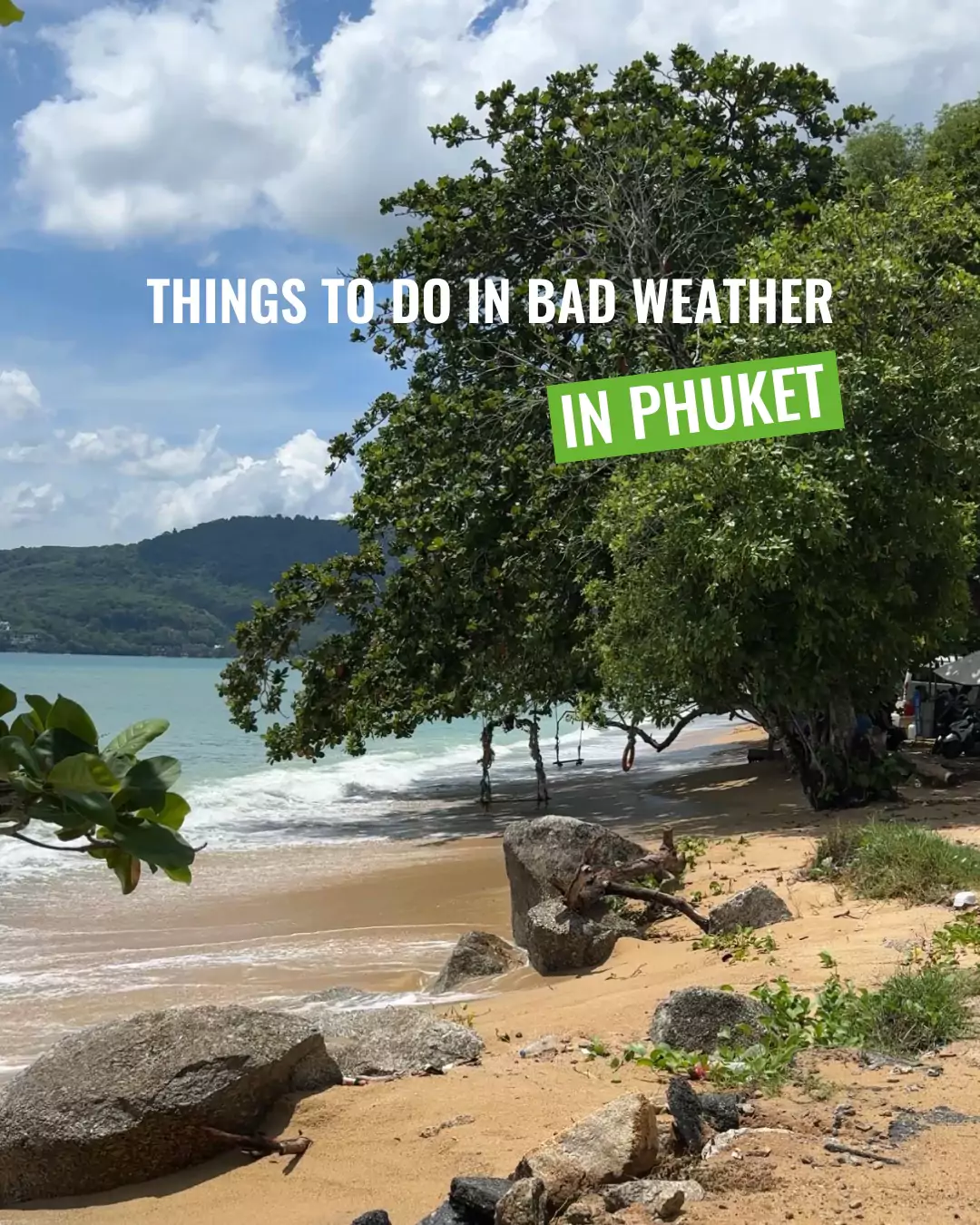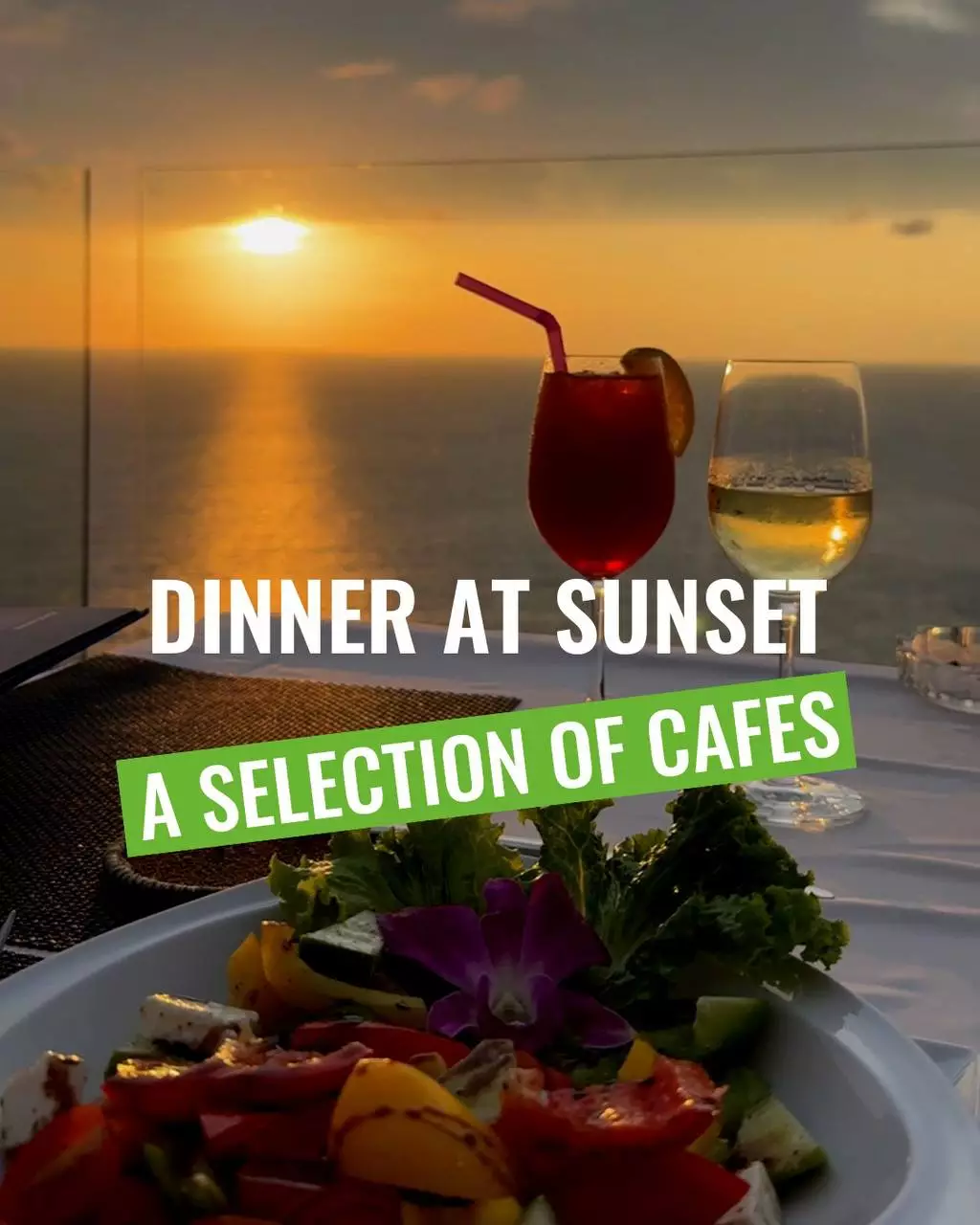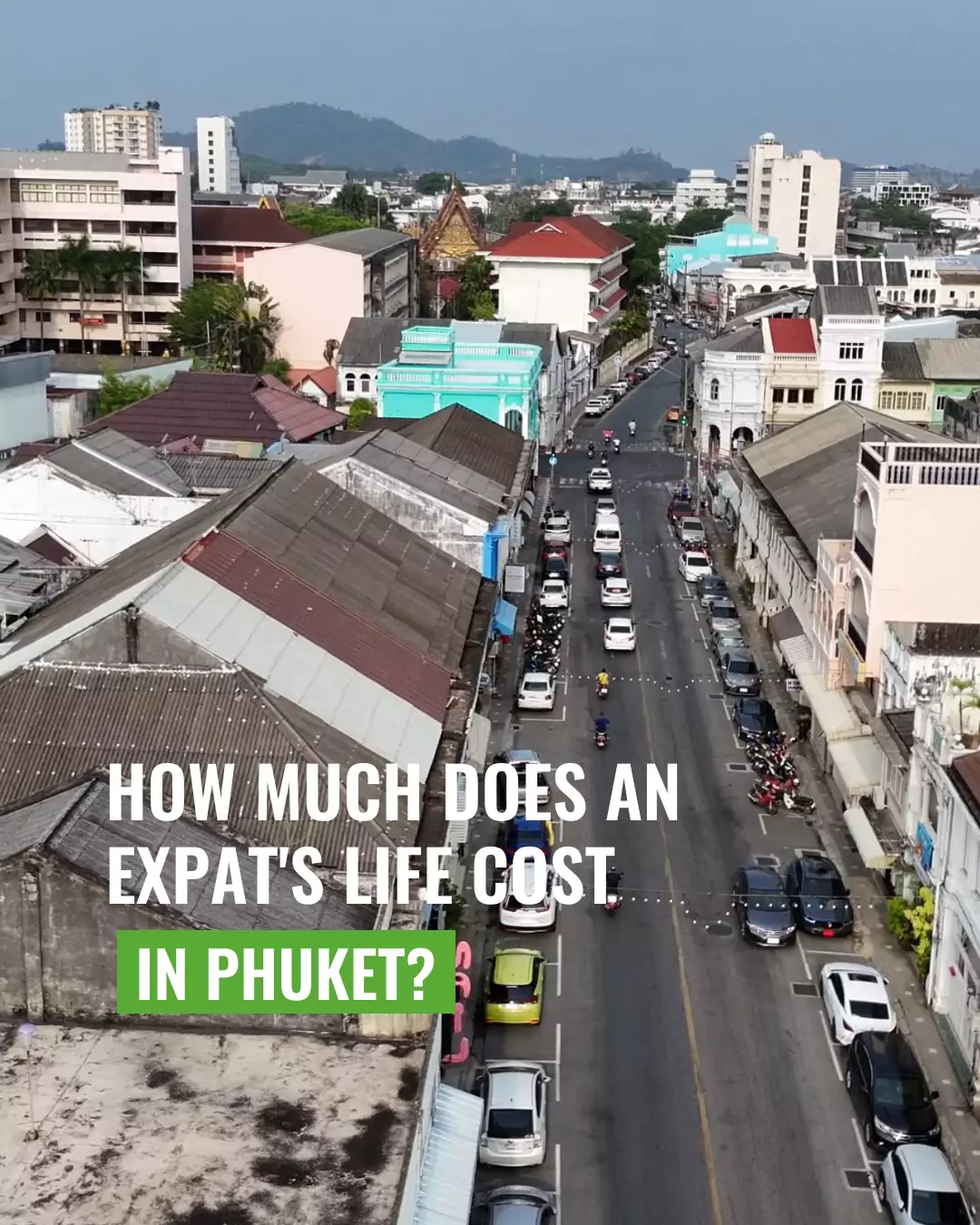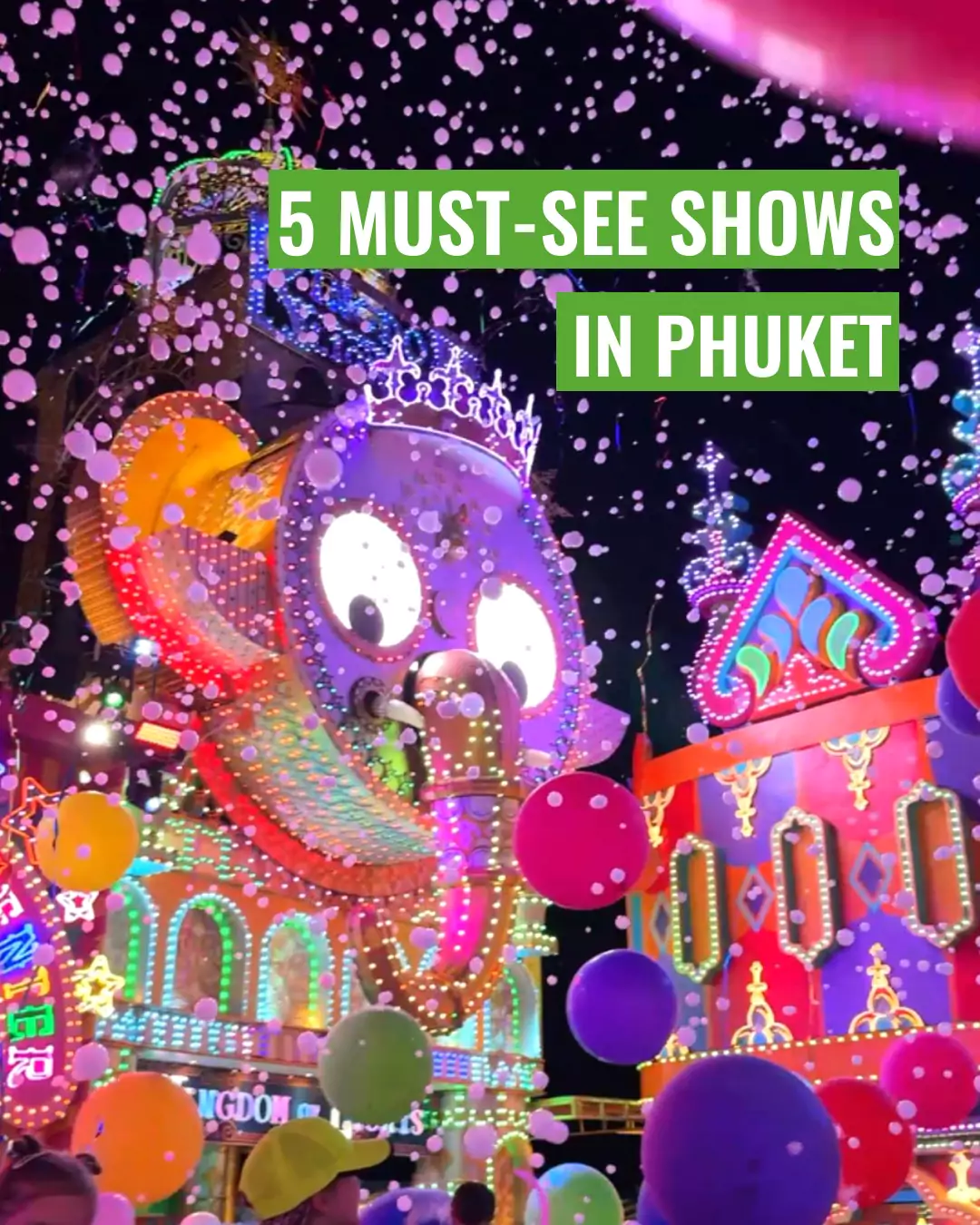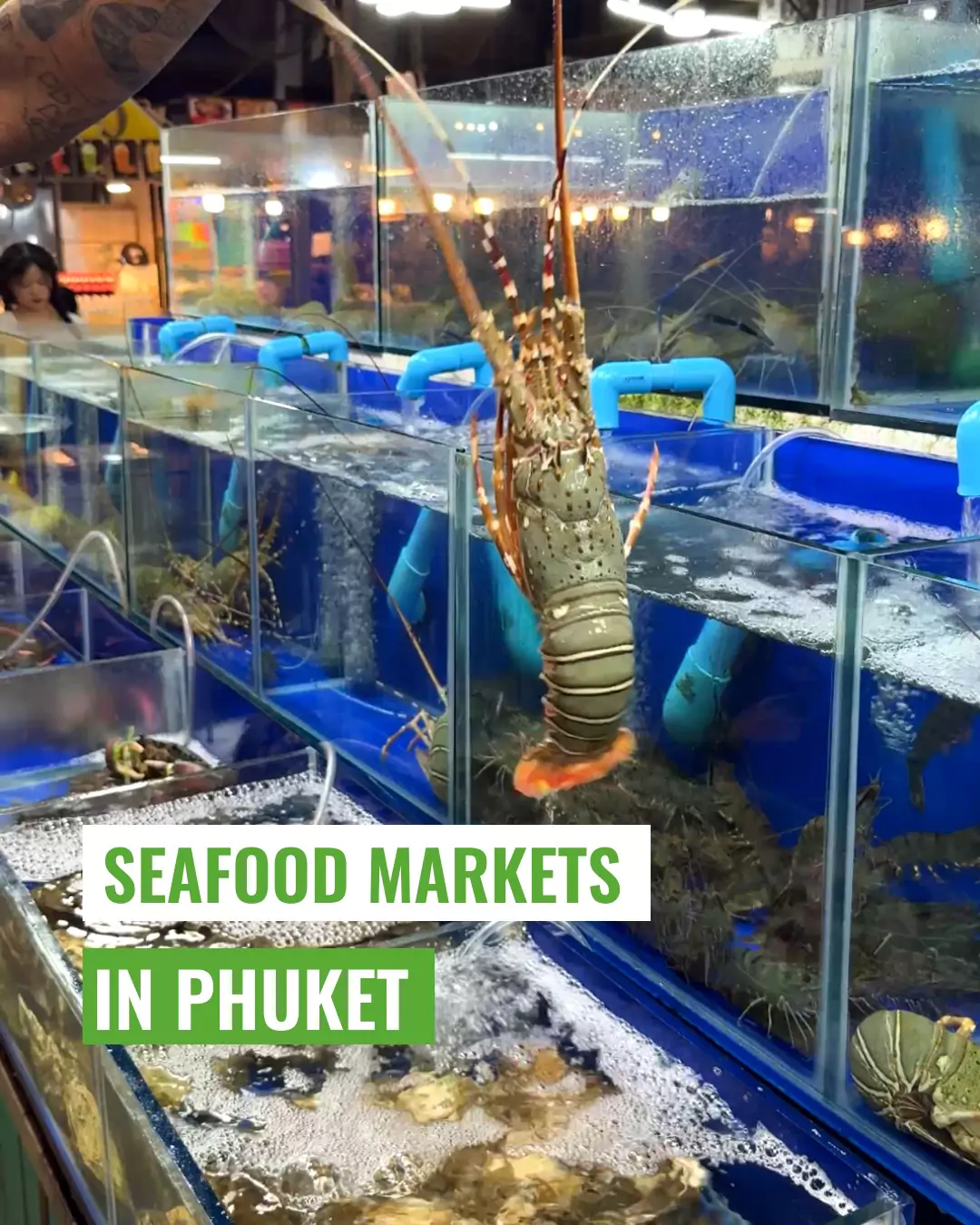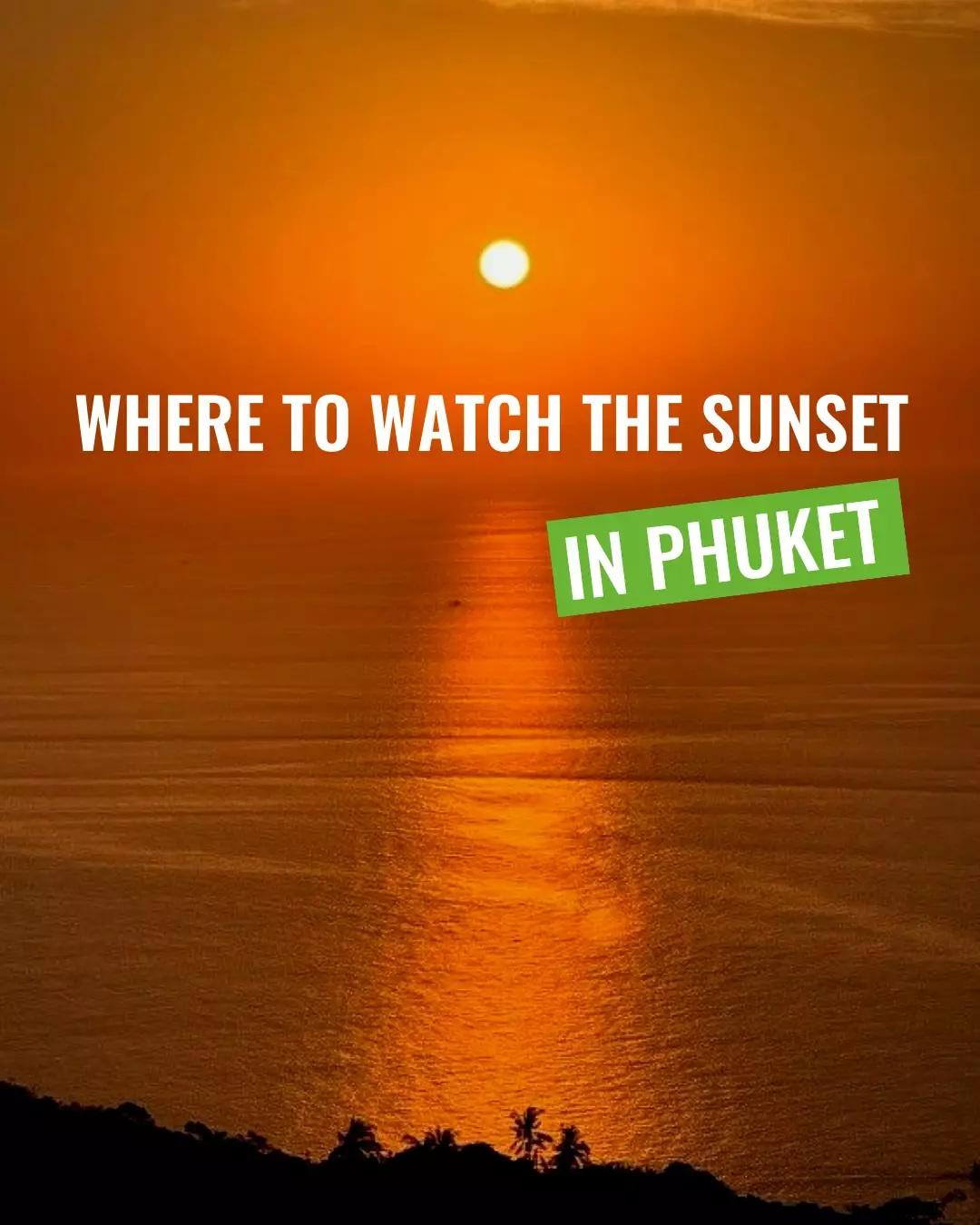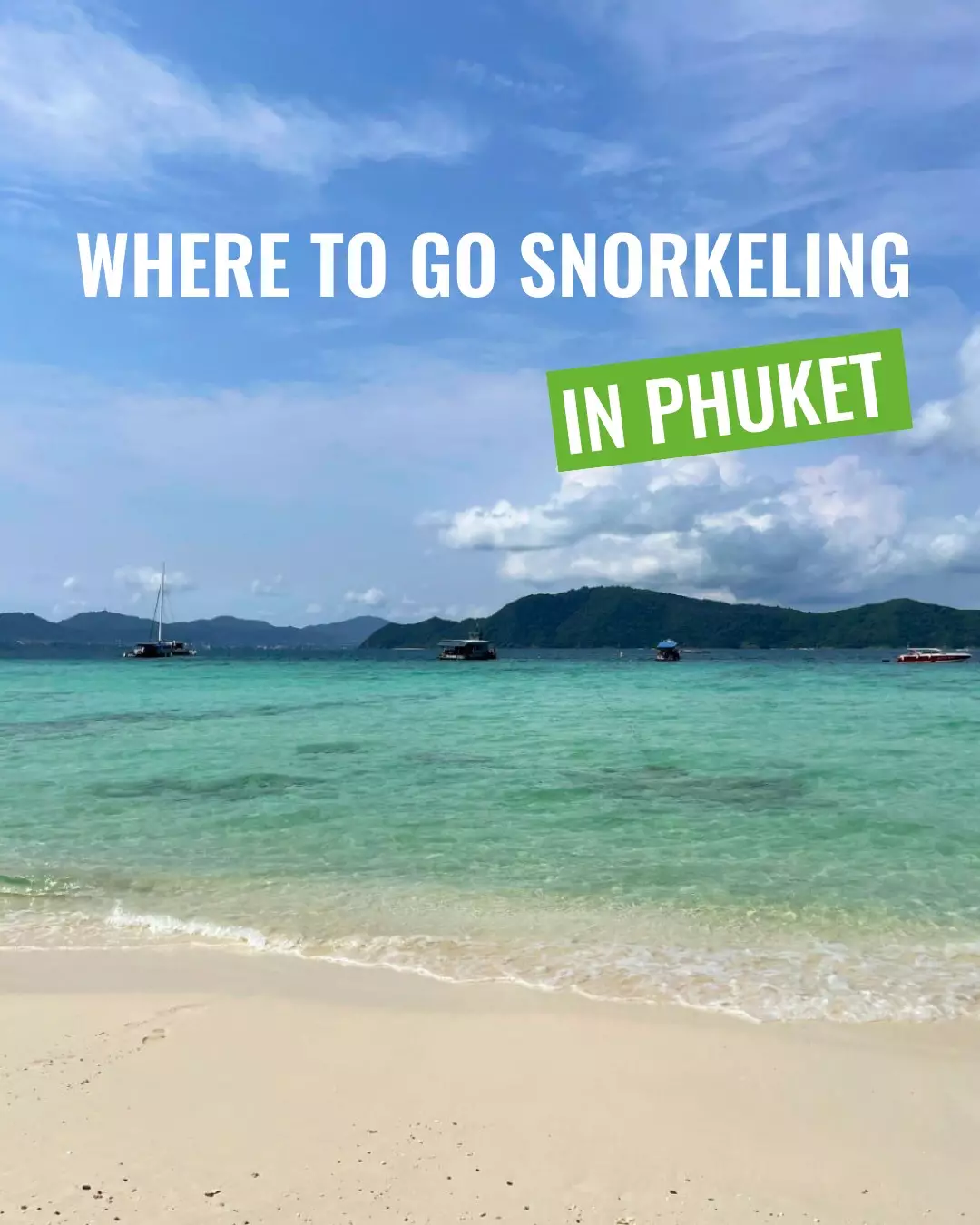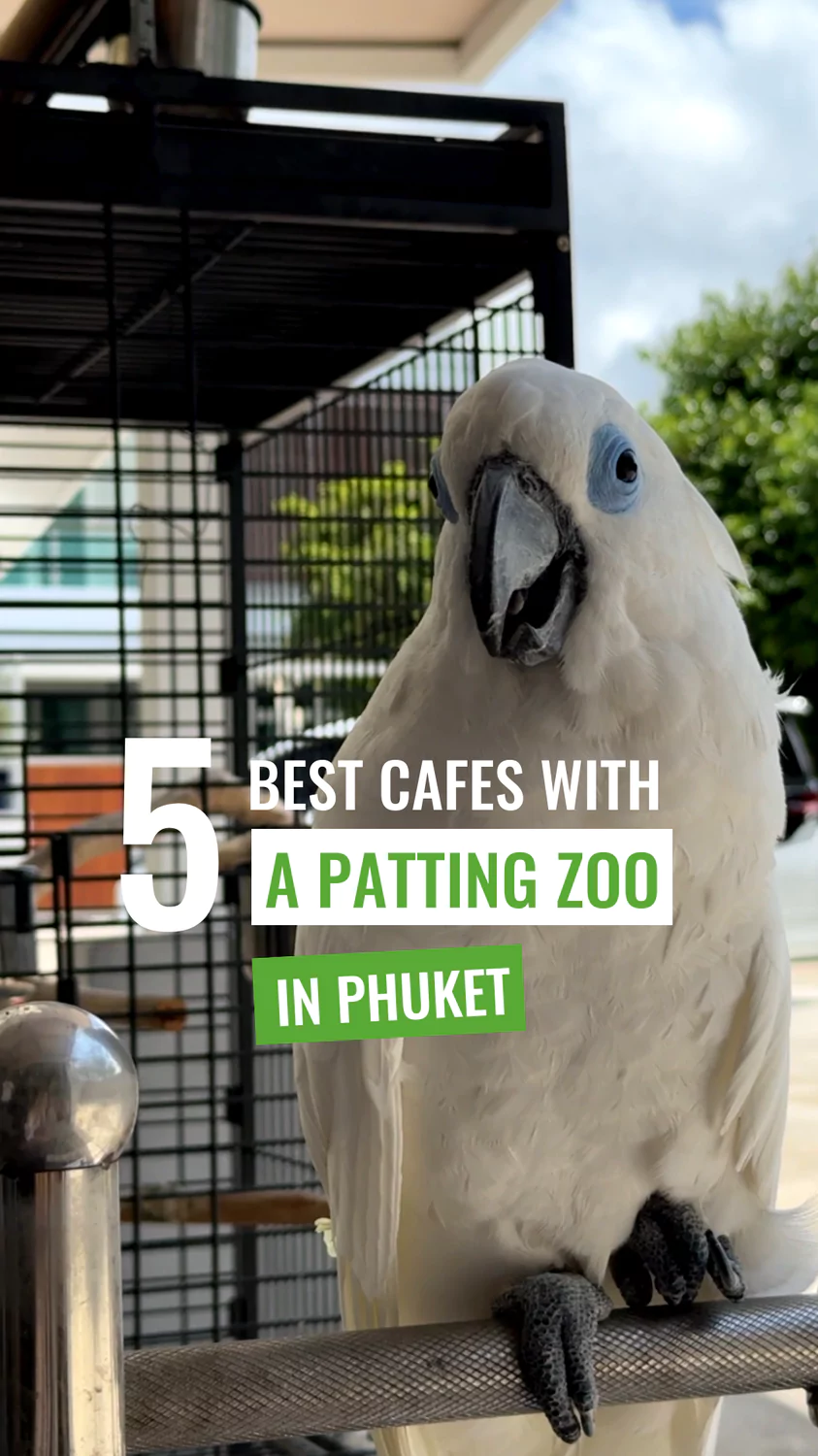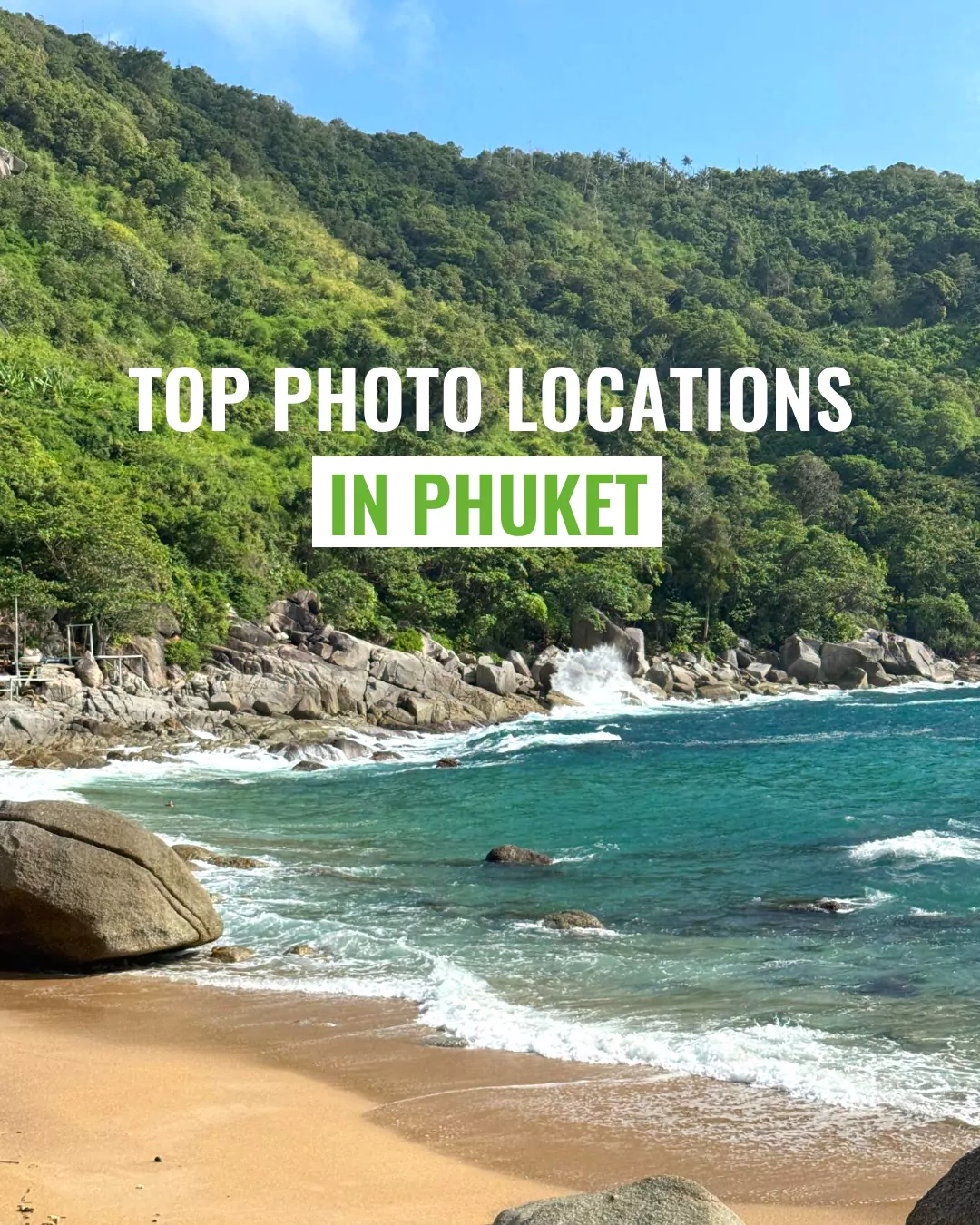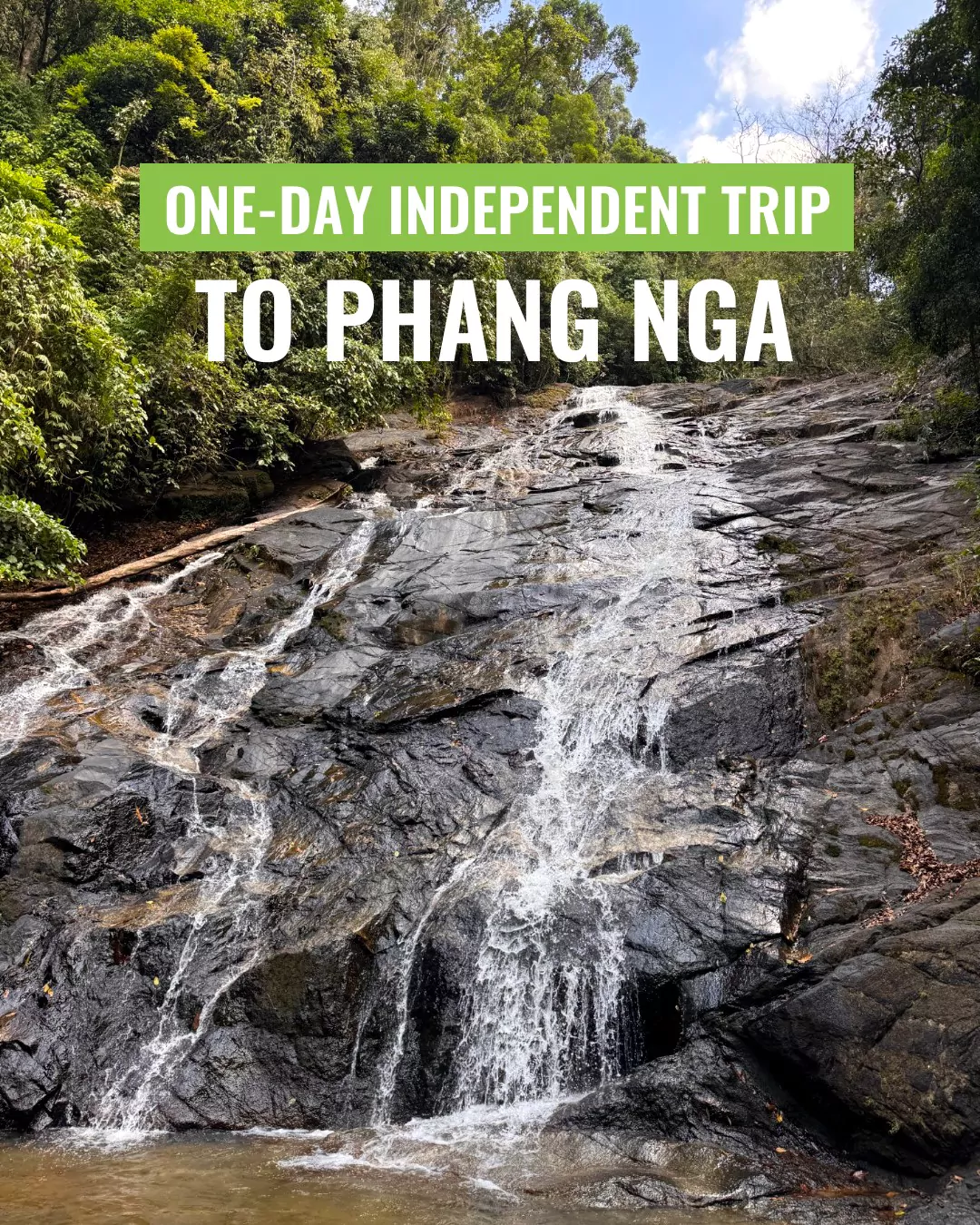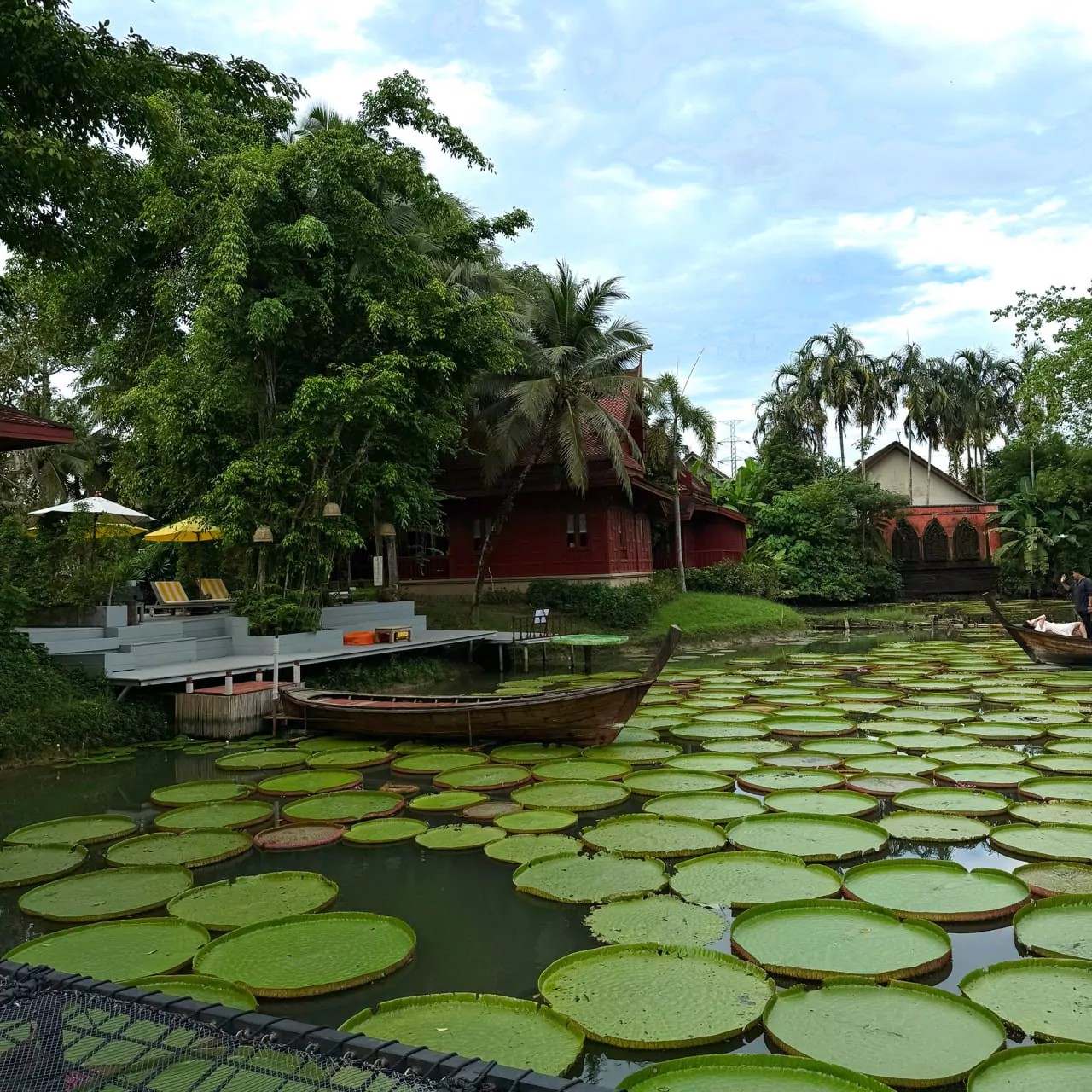Ecotourism in Phuket
Thailand breaks tourism records: In 2024, the Kingdom welcomed over 35 million visitors, bringing nearly $50 billion in revenue to local businesses. For the economy, this is undoubtedly a plus. However, the environment suffers from such a large number of travelers eager to visit the “Land of Smiles.”
That’s why ecotourism is actively developing today, with a focus on preserving ecosystems and the cultural values of the region. It helps protect nature and supports local communities by offering alternatives to mass tourism.
In this article, we will talk about Thailand’s environmental problems, how ecotourism is developing in Phuket, and what can be done to help preserve nature.
Environmental Problems of Thailand
Air Pollution
The main environmental issue in Thailand is air pollution. It is especially severe in major cities and northern regions of the country, such as Chiang Mai, where seasonal forest fires and the burning of agricultural waste (for example, rice field stubble) contribute to the formation of smog.
Waste Boom
Trash and waste are a scourge of the modern world. In Thailand, this problem is particularly visible in tourist regions, including Phuket. Massive plastic consumption and inefficient recycling lead to pollution of coastlines and marine ecosystems. The waters of the oceans and rivers are overflowing with plastic waste, which harms marine animals and birds. You’ve probably seen litter on some of Phuket’s beaches, such as Patong.
Deforestation
Forests in Thailand are being cut down to expand agriculture, for logging, and for construction. This leads to the destruction of ecosystems, loss of biodiversity, and increased soil erosion, which contributes to floods and landslides during the rainy seasons.
Incidentally, this is believed to be one of the causes of the landslide near the Big Buddha that occurred on August 23, 2024. The tragedy claimed the lives of 13 people, including two Russian citizens, and led to the destruction of houses and infrastructure in the Nakkerd Hill area. It is thought that one of the main reasons for the landslide was illegal logging, which disrupted the natural water drainage system. During heavy rains, the water sought new paths, which contributed to the formation of the landslide.
Water Pollution
Wastewater from industrial enterprises, agricultural chemicals, and garbage pollute rivers, lakes, and coastlines. This reduces water quality, which in turn can cause problems with drinking water and disrupt aquatic ecosystems, including fisheries and tourism.
Low Level of Environmental Awareness
The streets of tourist cities are filled with plastic that will pollute the planet for decades. Trash is often left in bags directly on the streets, mainly due to a lack of trash bins on the island.
Just think of the Thai habit (which is common in most Asian countries) of packing literally everything in plastic bags — even items that are already in a bag. And even if you bring your own tote bag to 7-Eleven, your purchases will still be carefully placed into a plastic bag.
That said, by Asian standards, Phuket can be considered relatively clean — mostly thanks to frequent clean-ups.
What are the consequences? The main consequence of negative human impact on the environment is climate change. Rising temperatures, more frequent and intense typhoons, shifting rainy seasons, and rising sea levels all have a serious impact on ecosystems. Rising sea levels threaten coastal areas and islands, including Phuket.
Ecotourism Opportunities in Phuket
With its unique nature and culture, Phuket offers excellent opportunities for ecotourism. There are several ways to enjoy your vacation without putting too much strain on the island’s environment.
Khao Phra Thaeo Wildlife Sanctuary
This is one of the island’s largest tropical forests. Here you’ll find untouched jungles, mangrove forests, and the Bang Pae and Ton Sai waterfalls. Because of this, Khao Phra Thaeo is home to rare species of animals: gibbons, langurs, barking deer, porcupines, bears, as well as pythons, bronze-back snakes, flying dragons, and many more. The park is located in the north of the island. The entrance fee is 200 baht.
Gibbon Rehabilitation Center
Located in Khao Phra Thaeo Park, the Gibbon Rehabilitation Center () was founded in 1992 with the aim of restoring and protecting gibbons that have suffered from illegal trade, poaching, and loss of their natural habitat. Here, gibbons live in conditions as close to the wild as possible. They receive medical care, training, and socialization.
Elephant Sanctuaries
Elephants are considered sacred animals in Thailand, but unfortunately, this does not prevent them from being used for commercial purposes: giving rides to tourists, performing tricks, and taking part in various shows. All of this reflects inhumane treatment of animals.
However, Phuket is also home to completely different places — such as the Green Elephant Sanctuary Park or the Hidden Forest Elephant Reserve. Here, elephants are the true kings of the jungle: they roam freely across large territories, are well cared for, and never mistreated. Tourists can observe the elephants, interact with them (if the animals wish), feed them, and even bathe with baby elephants in the water. No rides or cruelty involved!
You can purchase discounted tickets from us via WhatsApp or Telegram.
Koh Yao Noi
This island in Phang Nga Province is a place of seclusion and tranquility. It boasts beautiful sandy beaches, lush farmland, and mangrove forests. A long-tail boat trip in Phang Nga Bay and a bicycle ride through rice fields are the main activities on Koh Yao Noi. The island is also home to several Muay Thai training camps and often hosts yoga retreats that attract mindful travelers and people concerned about environmental issues.
Sirinat National Park
The jewel of Phuket’s northwestern coast, Sirinat National Park was established in 1981 and covers about 22 sq. km of land and 68 sq. km of sea. It is a protected conservation area, with boundaries stretching both on land and in the ocean, since not only plants and animals but also coral reefs require protection. The most convenient way to reach Sirinat Park is from Nai Yang Beach.
Within the park, you’ll find beaches with pristine white sand, mangrove forests, and giant, unusually shaped trees. In Sirinat’s dense forests, you may encounter monitor lizards, mangrove snakes, and crabs. However, the park was primarily created to preserve the habitat of endangered sea turtles. Unfortunately, not all areas of the park are well maintained, and the territory is not always cleaned properly.
You can also go trekking in Phuket, which can likewise be considered a form of ecotourism. Parks, viewpoints, and artificial lakes — Phuket is full of places where you can spend time without harming nature while benefiting your health. We’ve gathered the best walking routes on the island here.
How Else Can You Reduce Your Negative Impact on the Environment
Contributing to environmental preservation is not that difficult and does not always require global actions. On the contrary, it’s just about small and simple steps you can take every day:
- Buy seasonal fruits and vegetables, as well as local products.
- Use reusable bags for shopping and avoid plastic bags.
- Clean up after yourself and take your trash to designated bins.
- Reuse hotel towels for several days.
- Turn off the water while brushing your teeth or washing dishes.
- Switch off lights and electrical appliances when not in use.
Phuket, with its wildlife and culture, is truly a unique place that must be preserved. It’s all in our hands! Every visitor to the island can contribute to the sustainable development of the region and the protection of its natural treasures.
You can find the best tours in Phuket and to the neighboring islands in the Excursions section. Some of them can be booked at a discount in the Discounts section.

